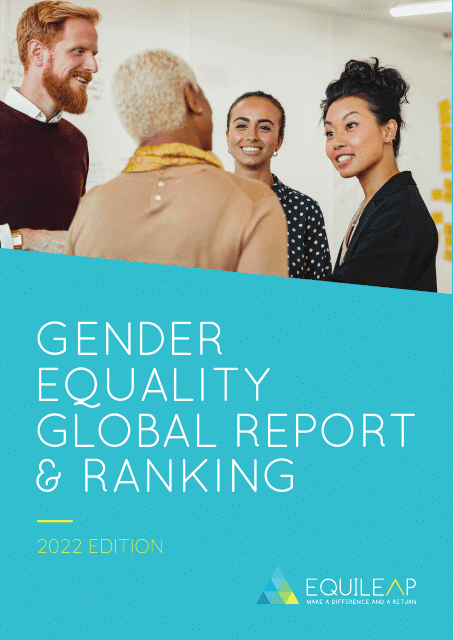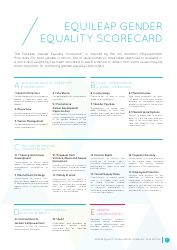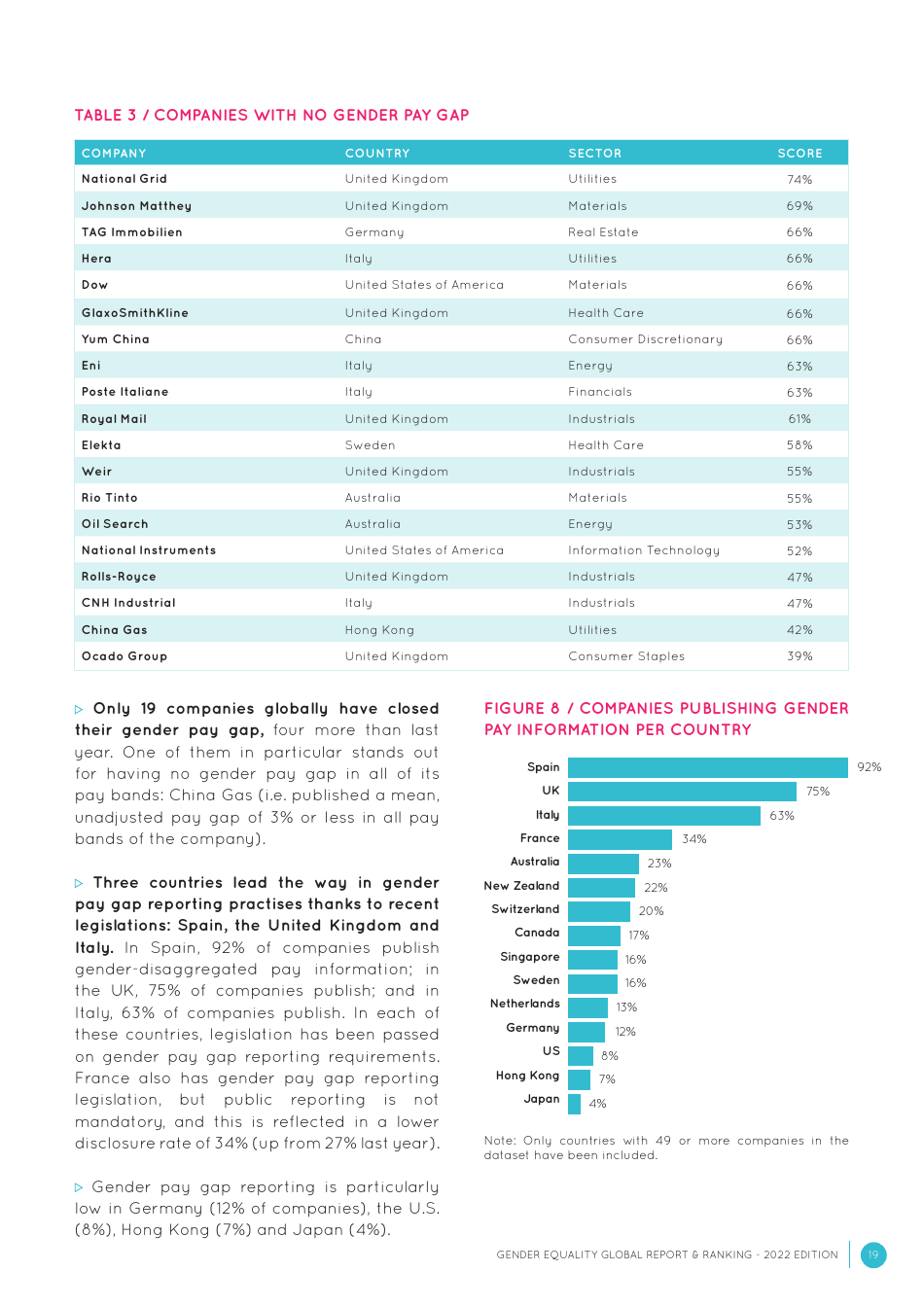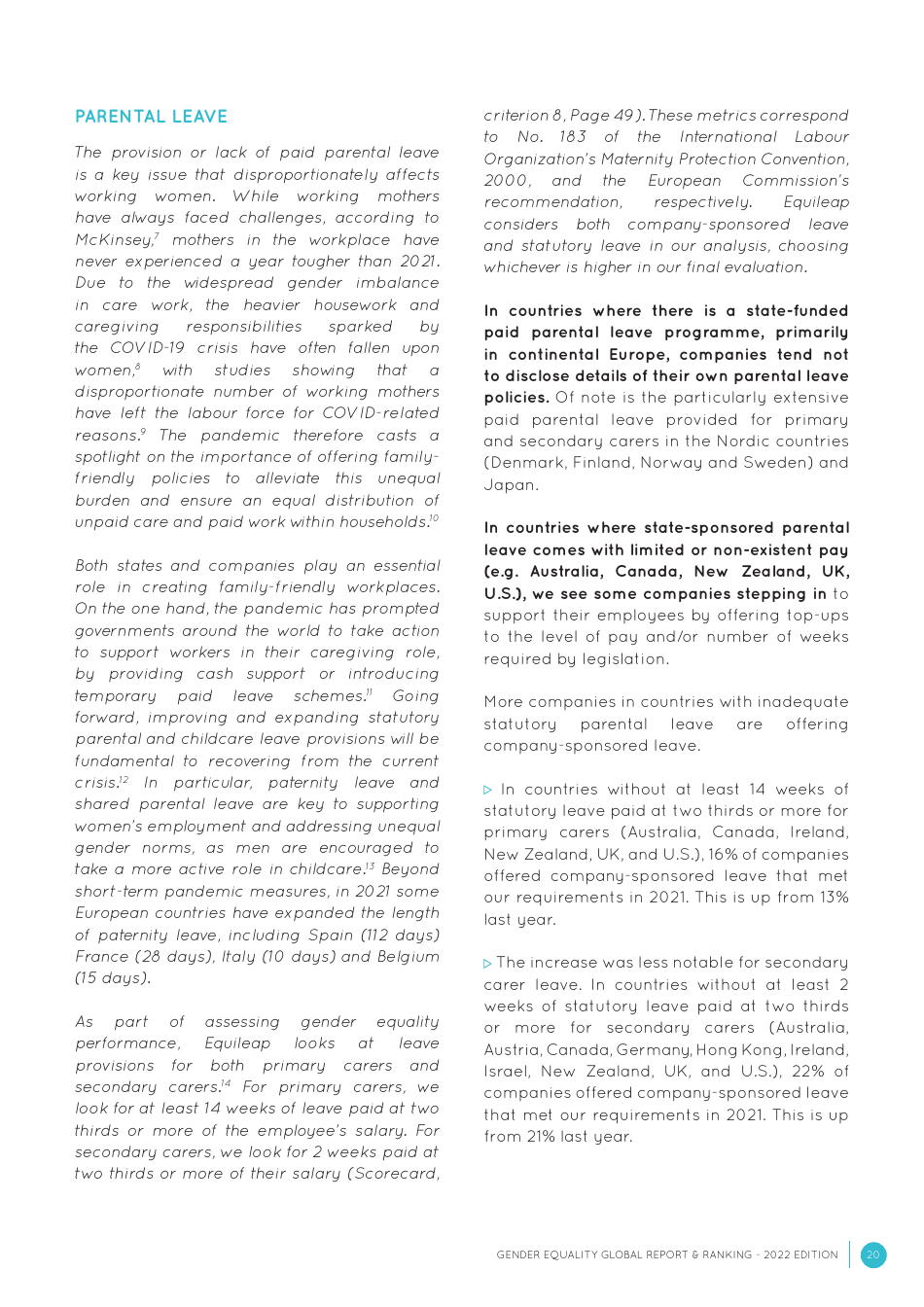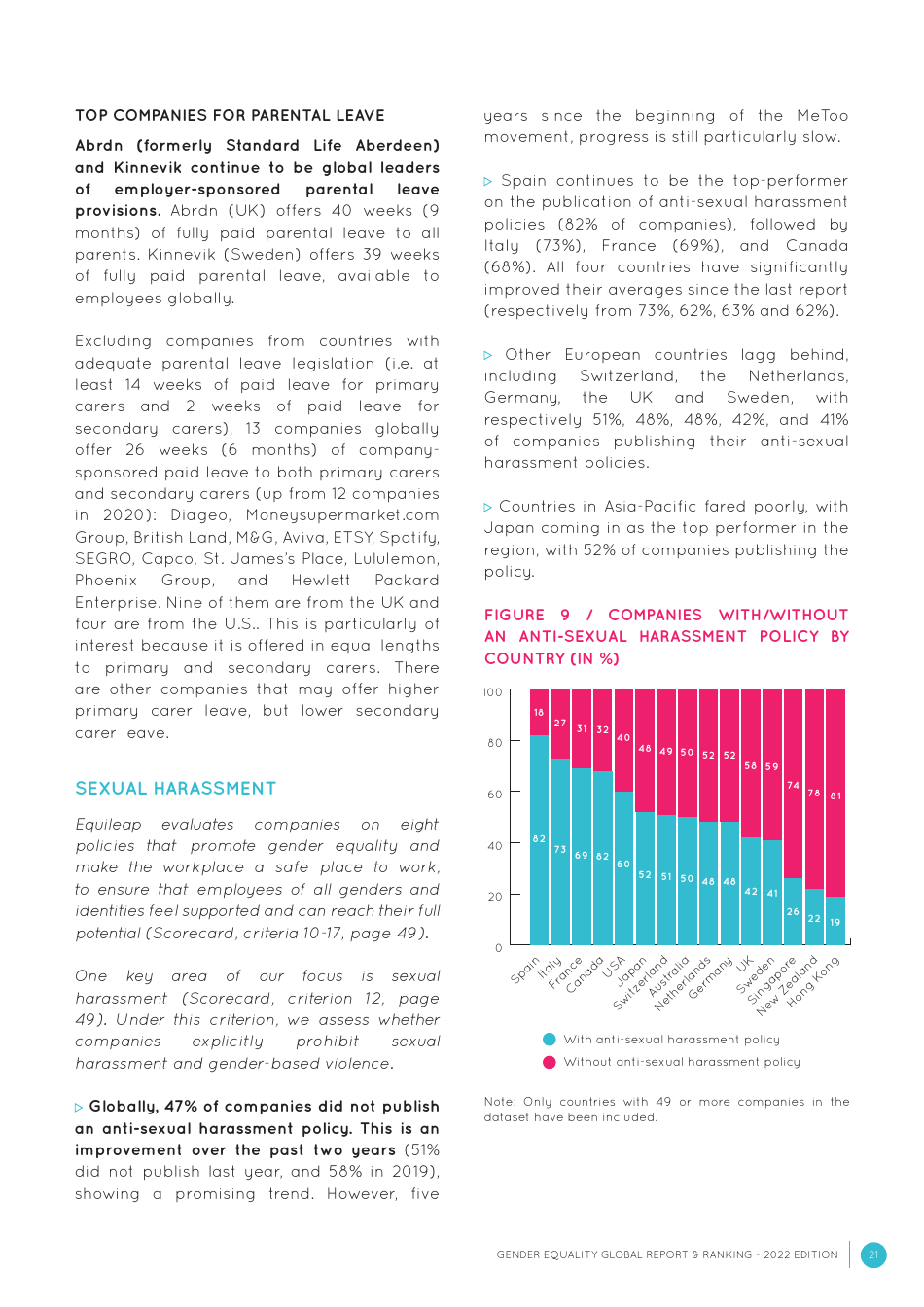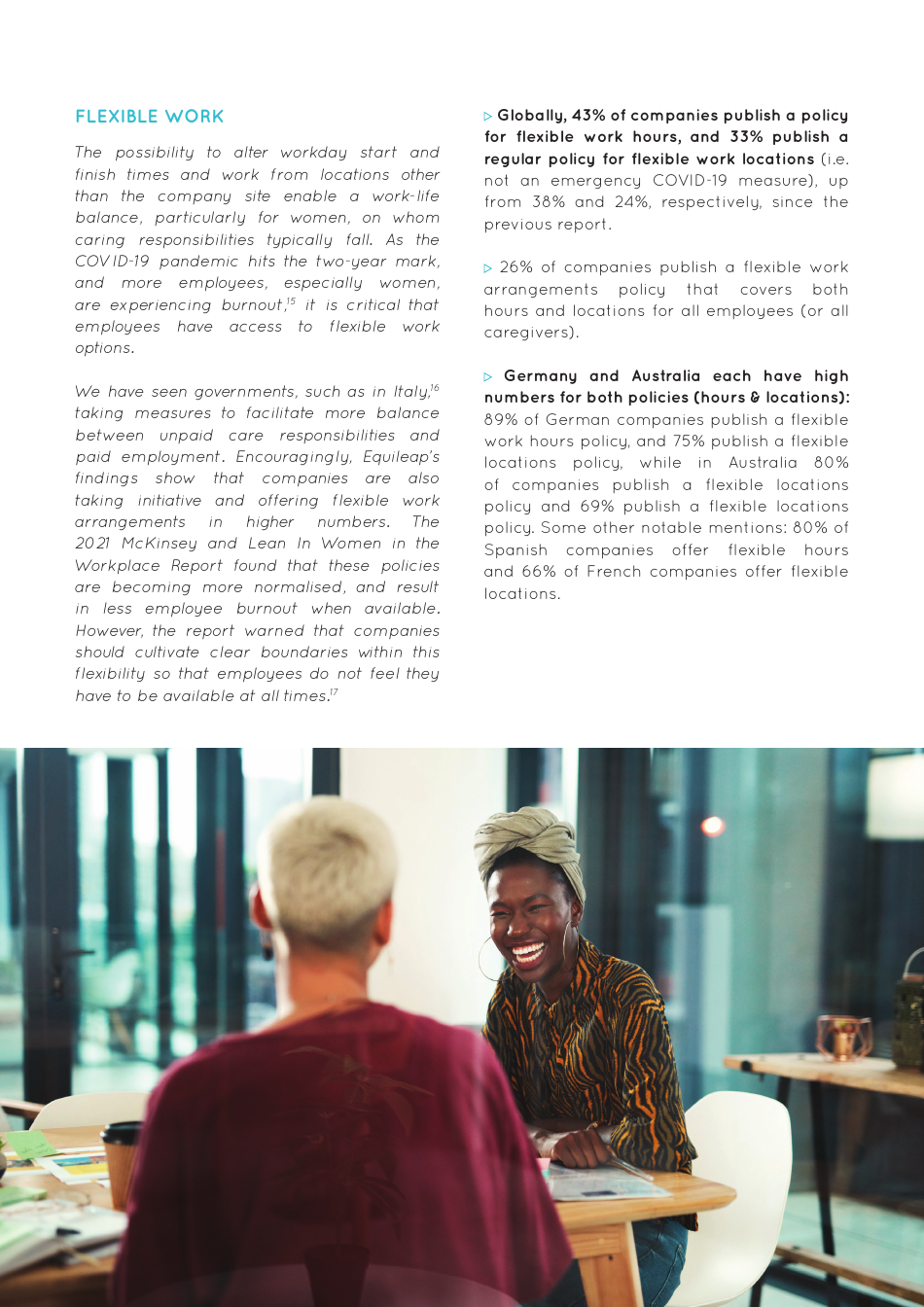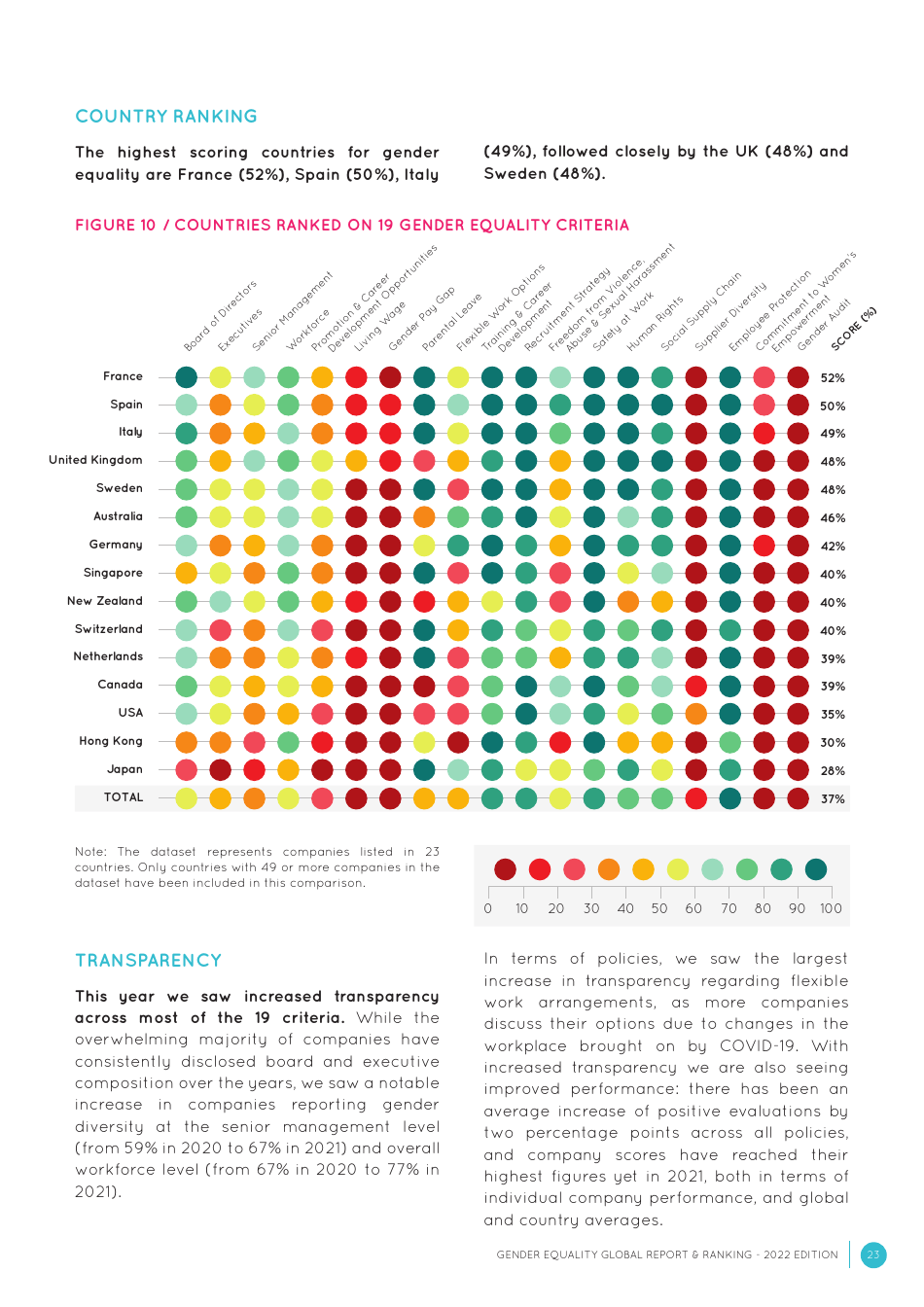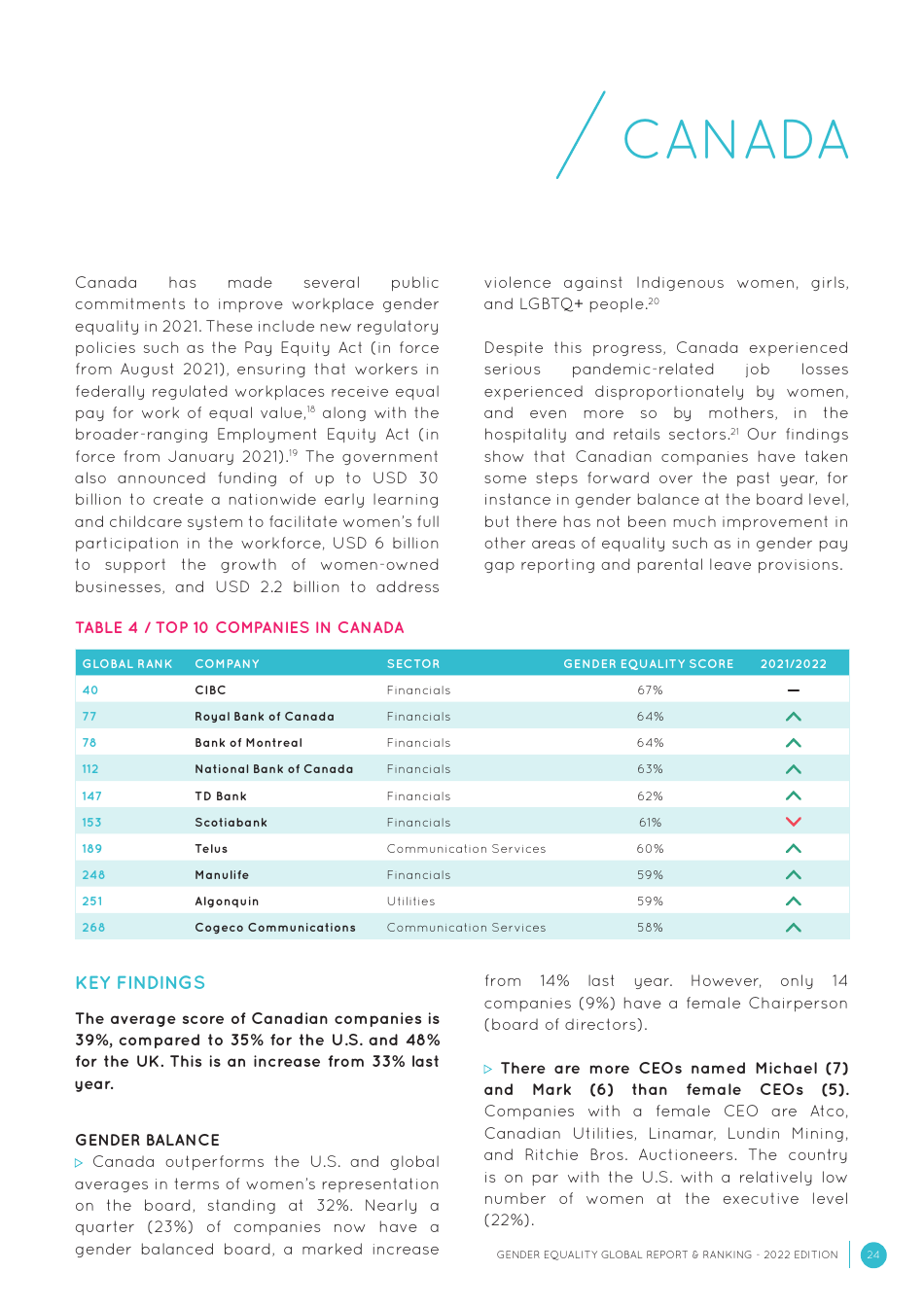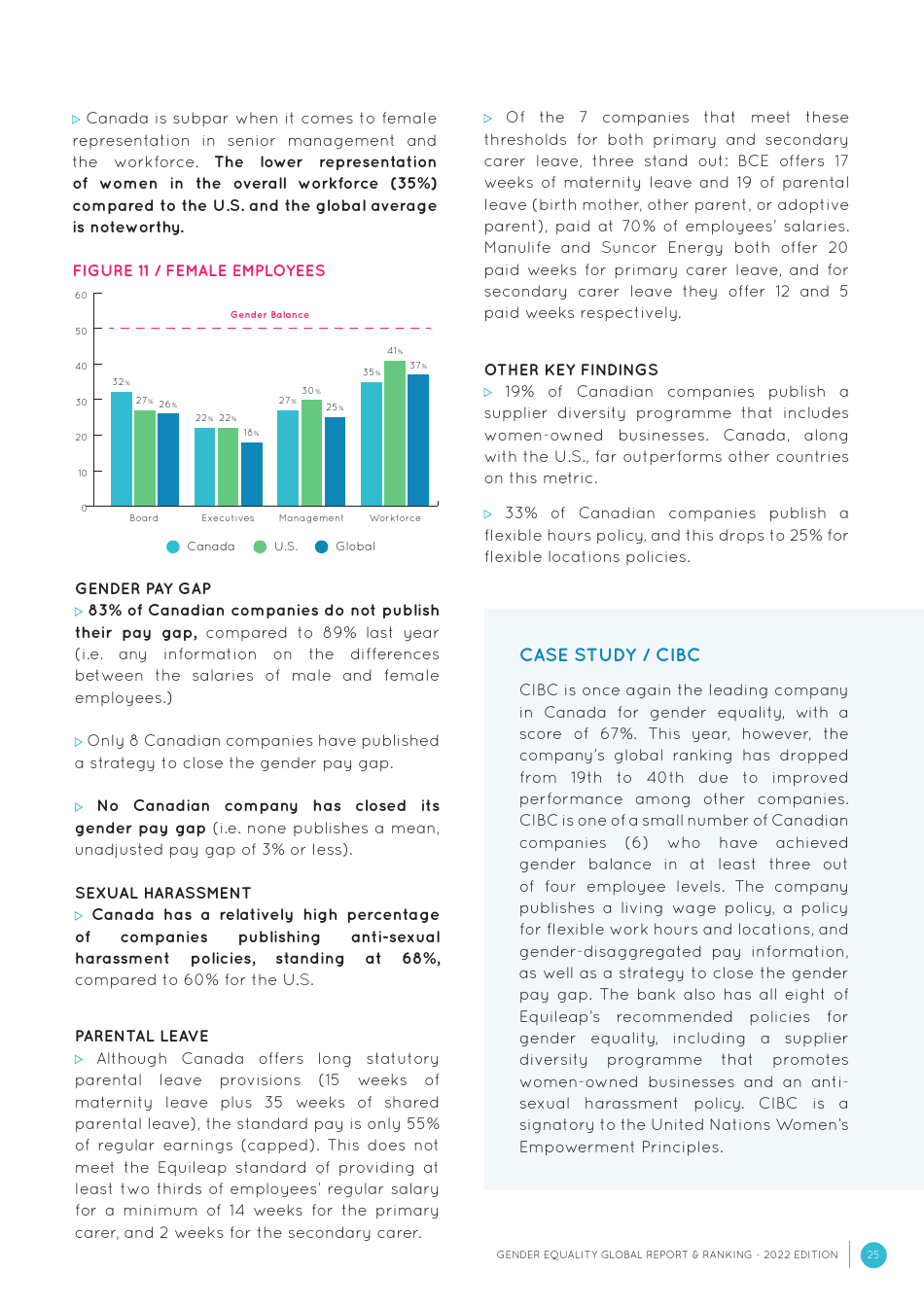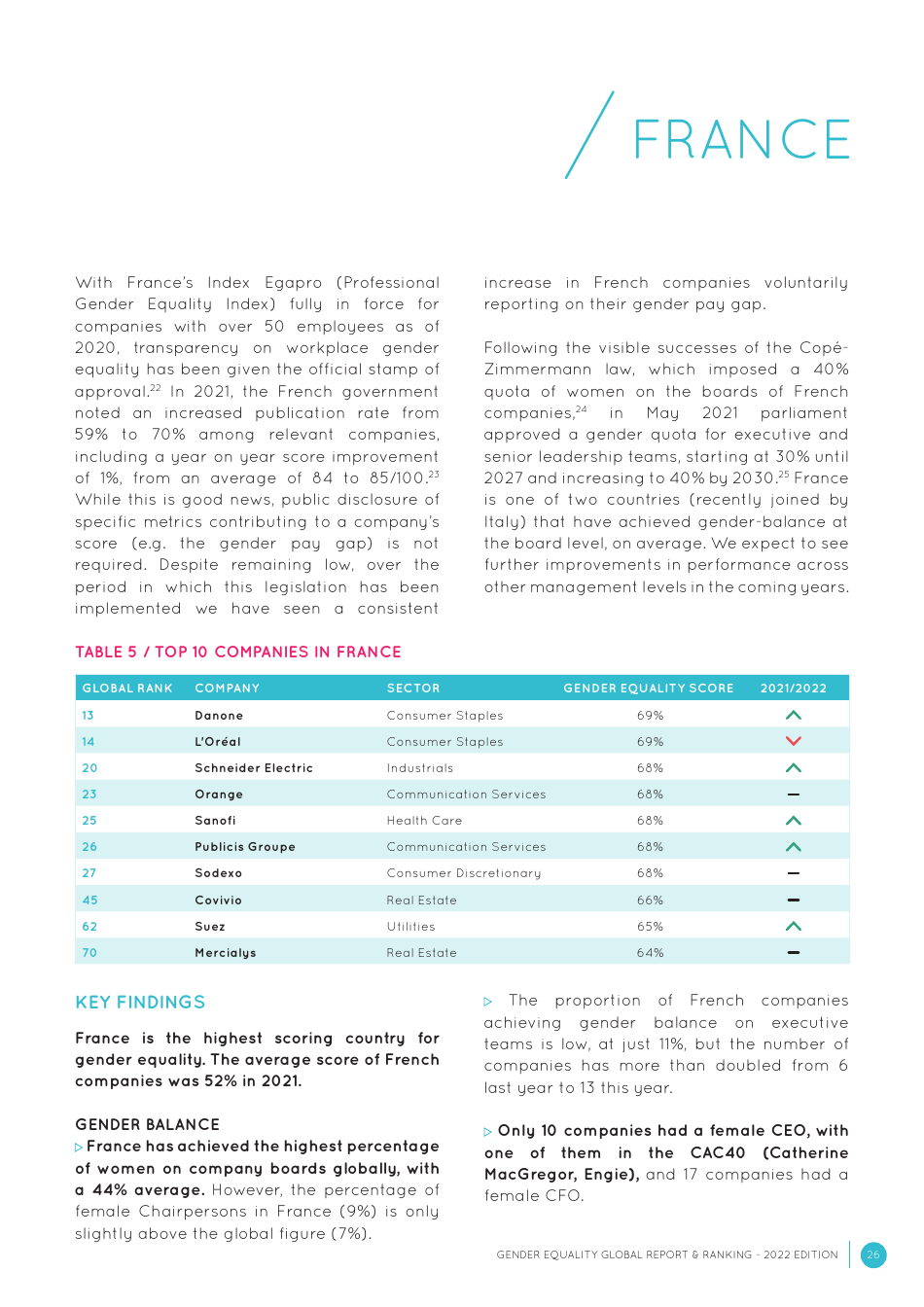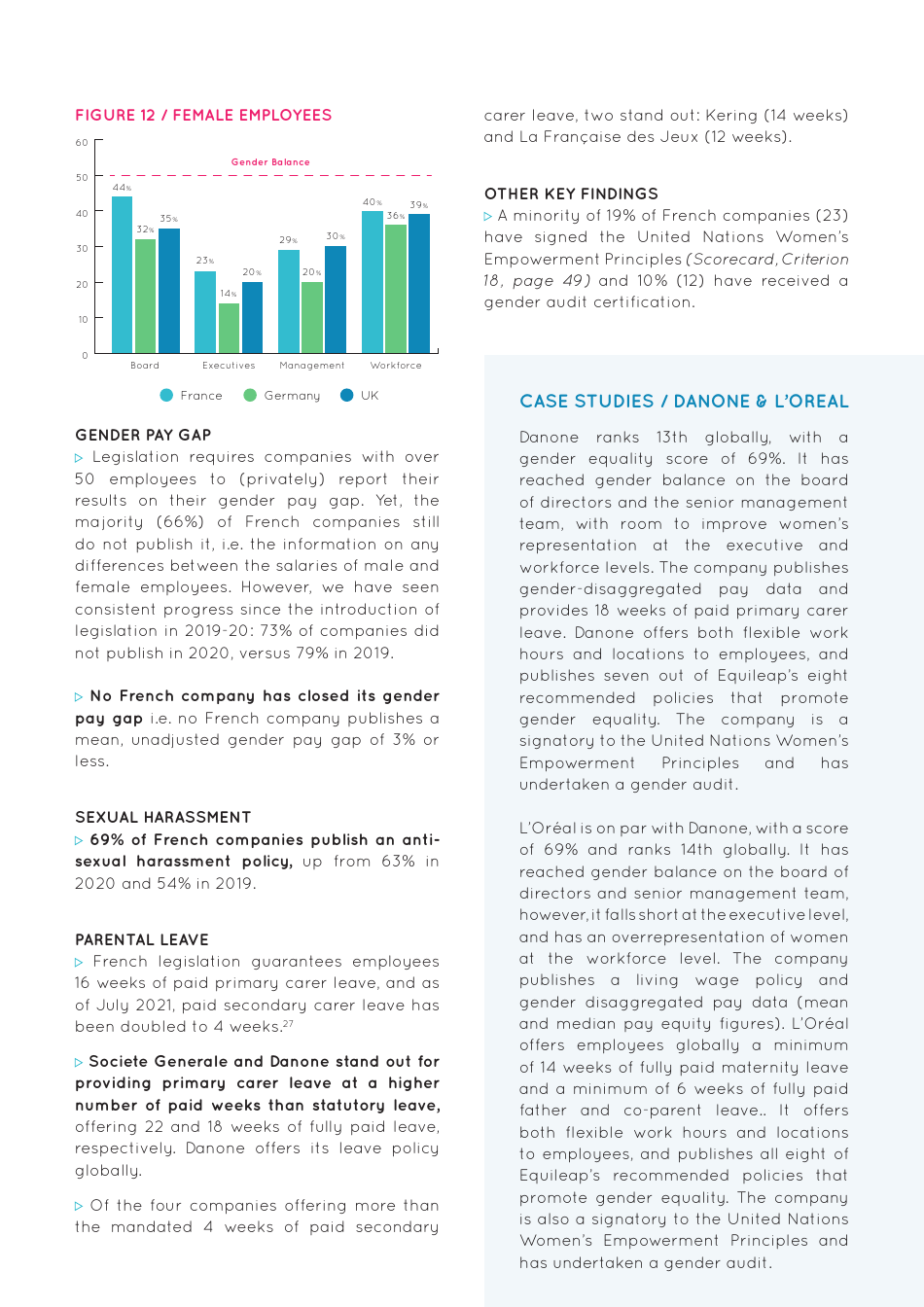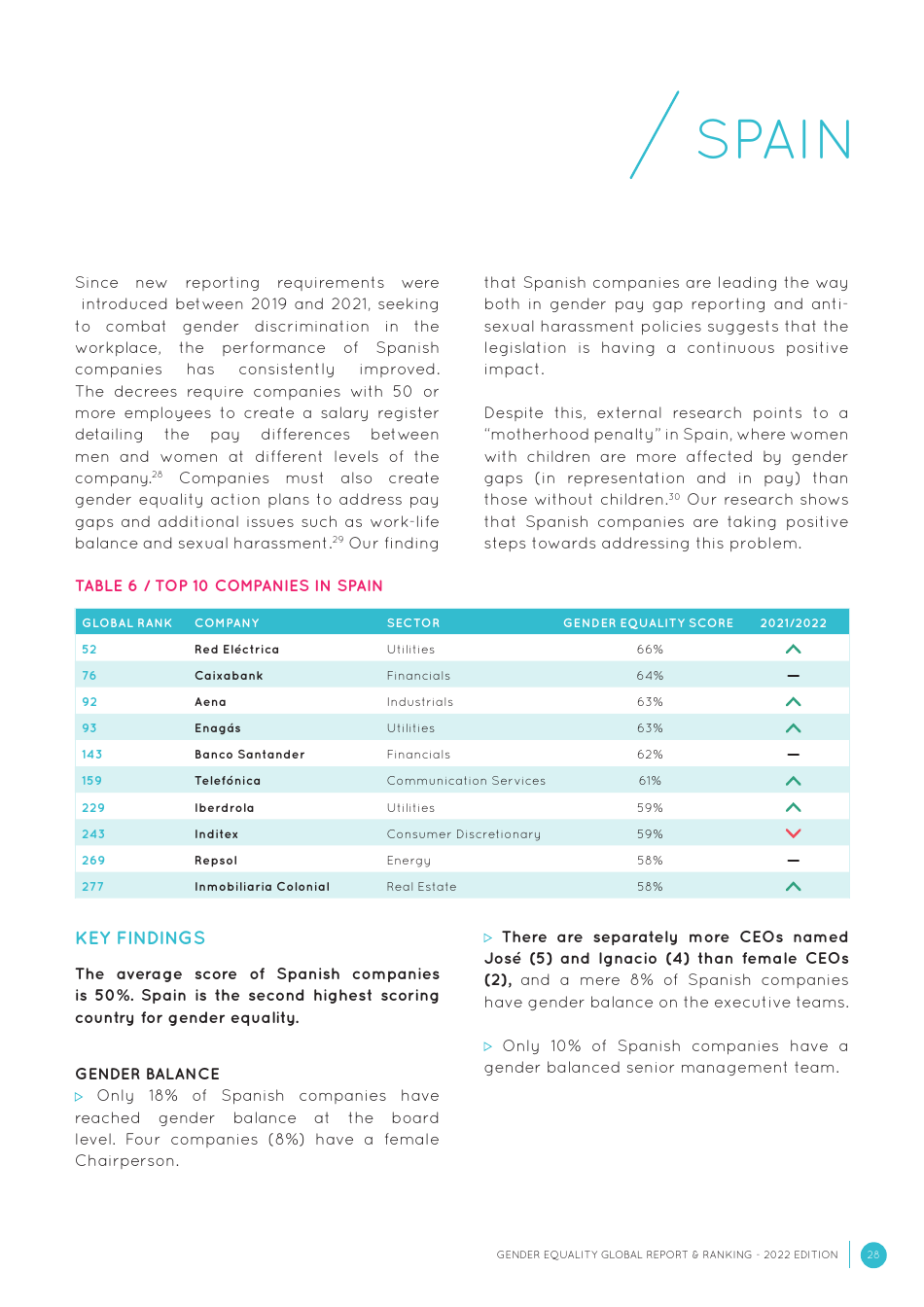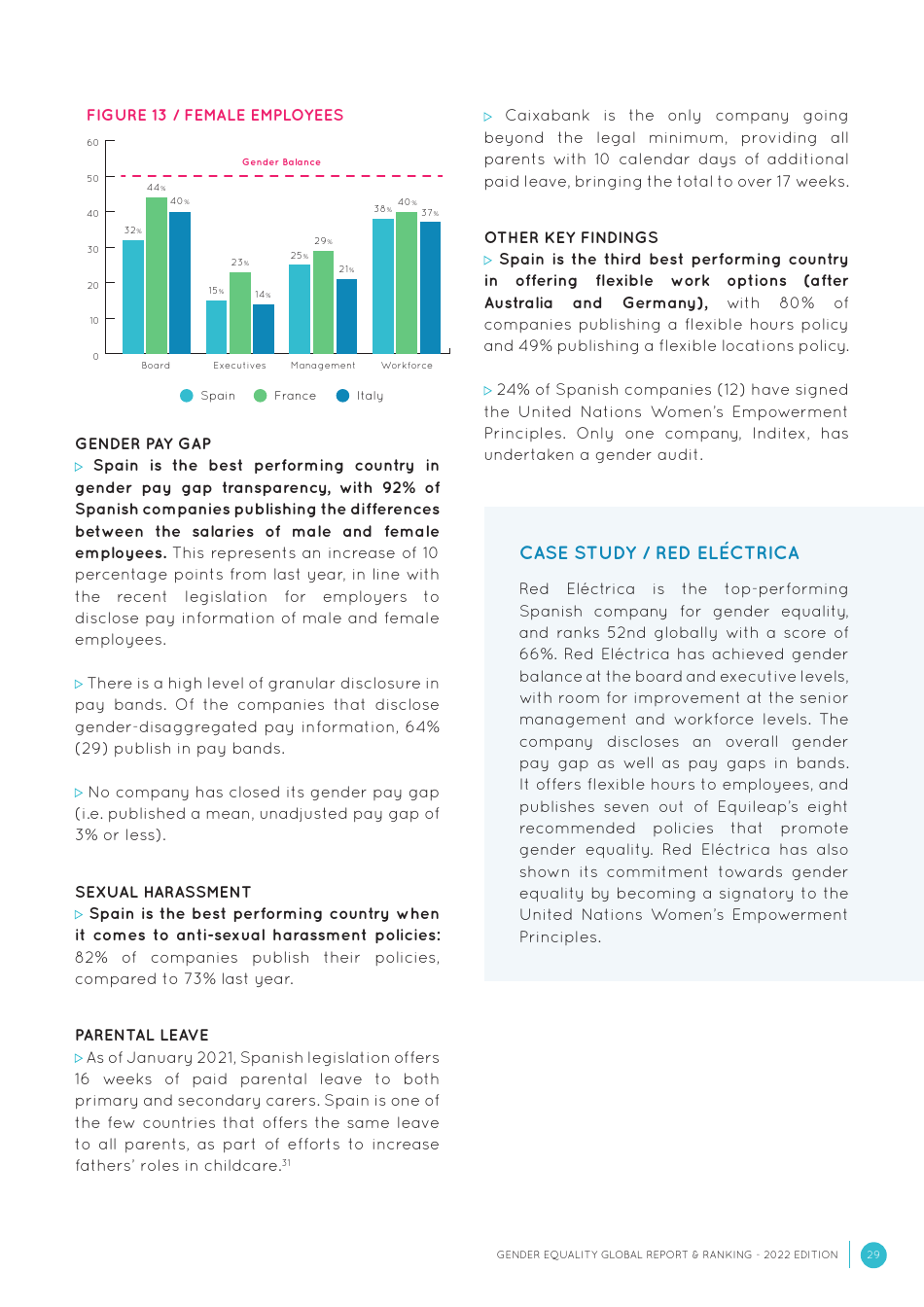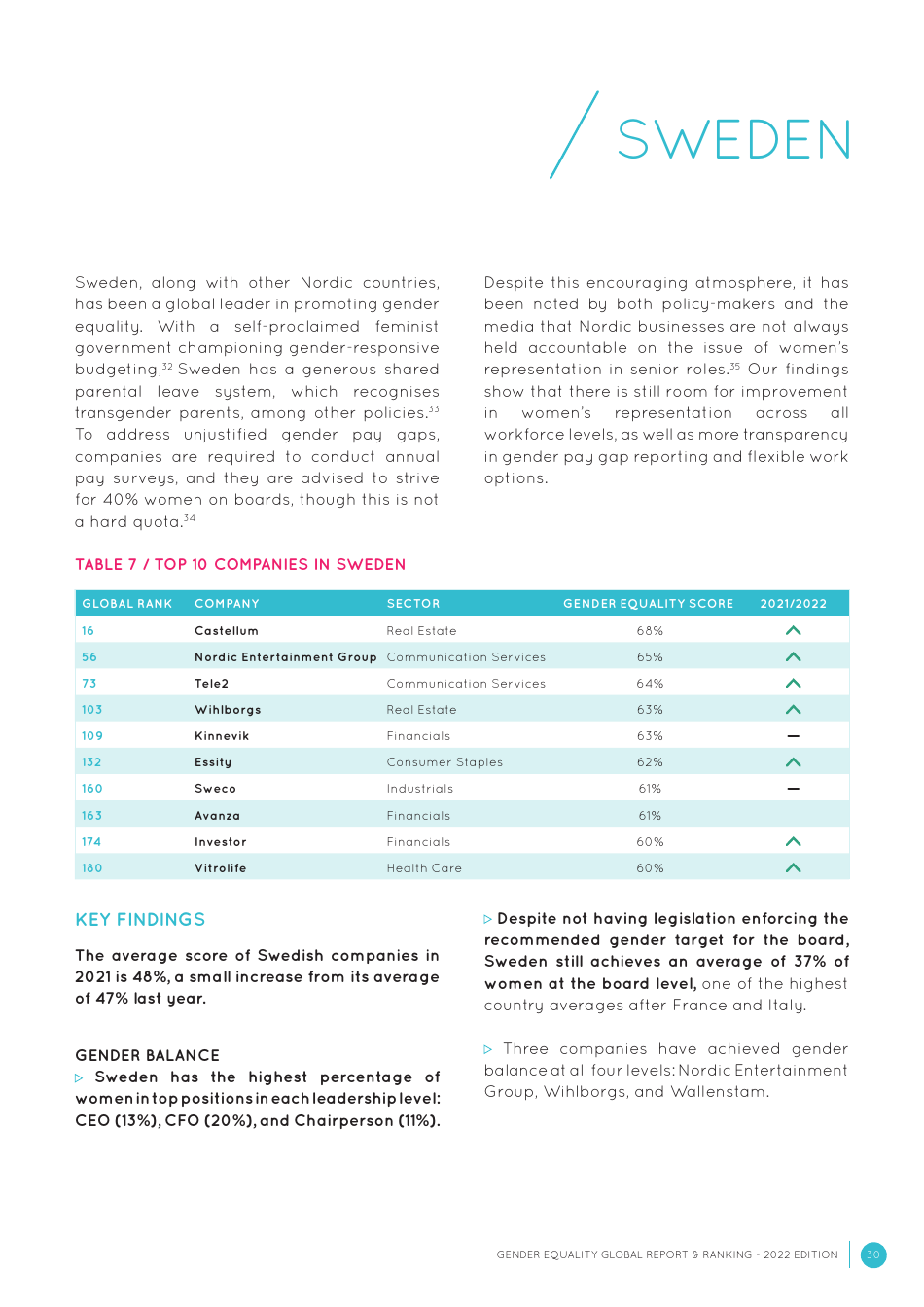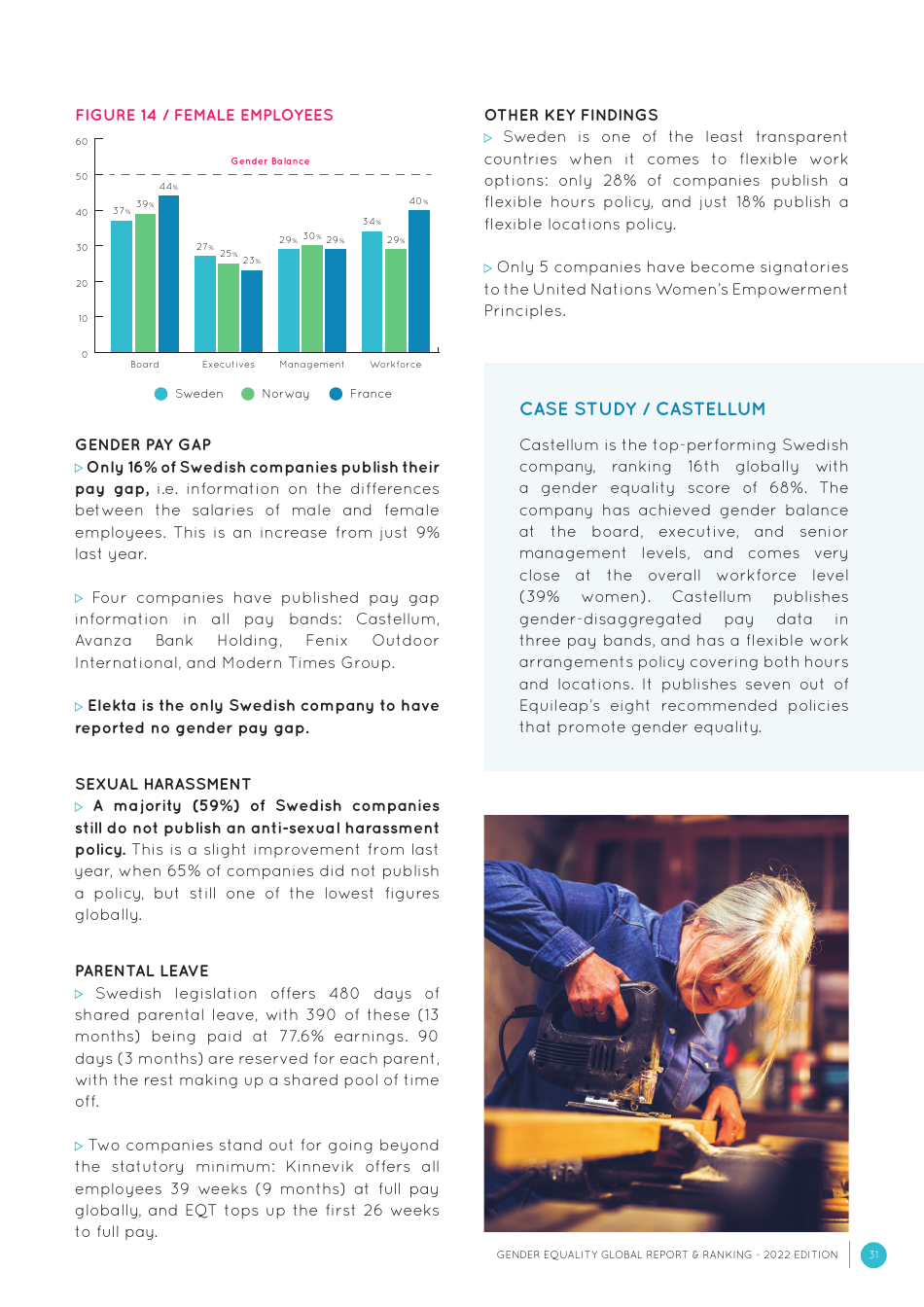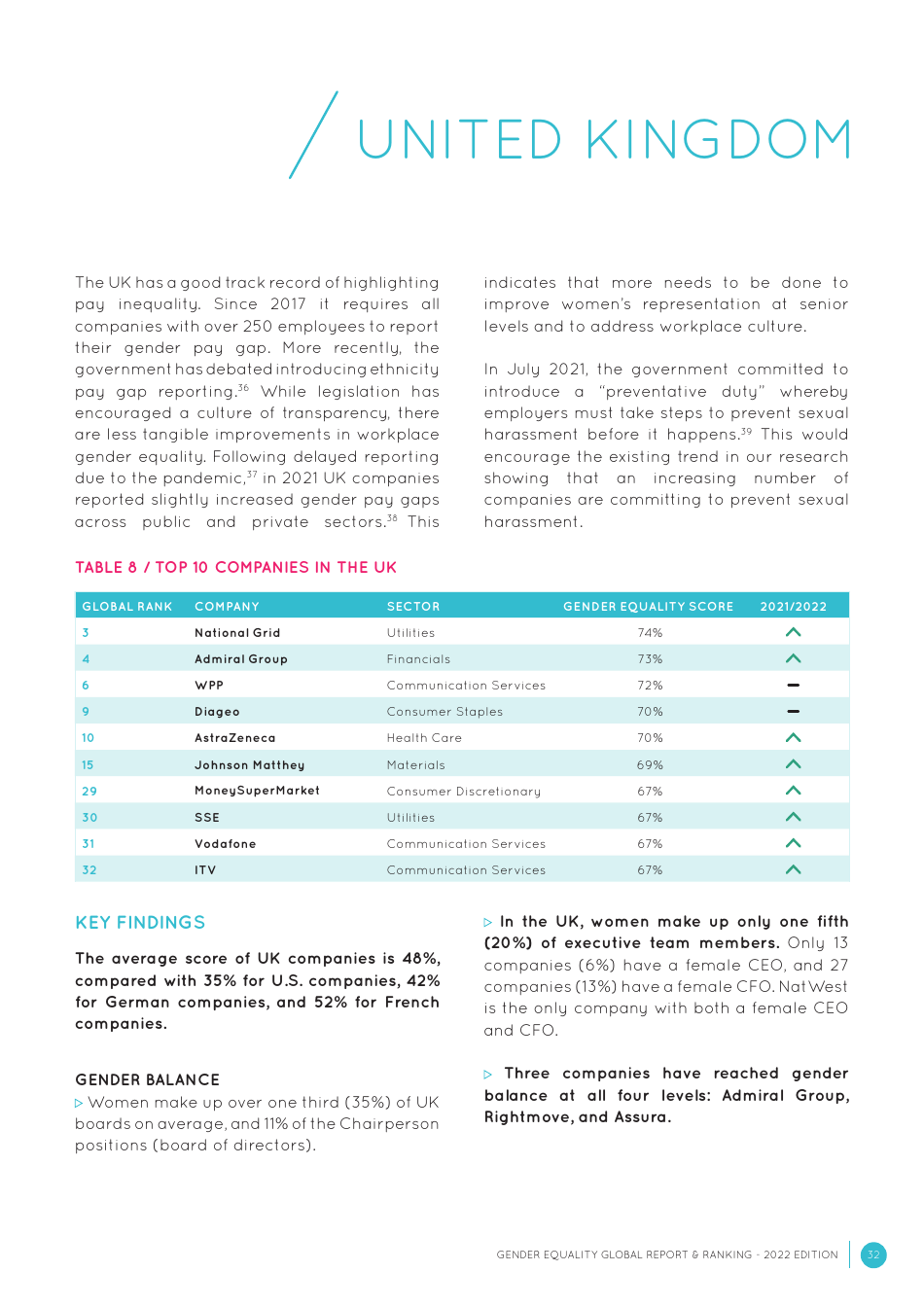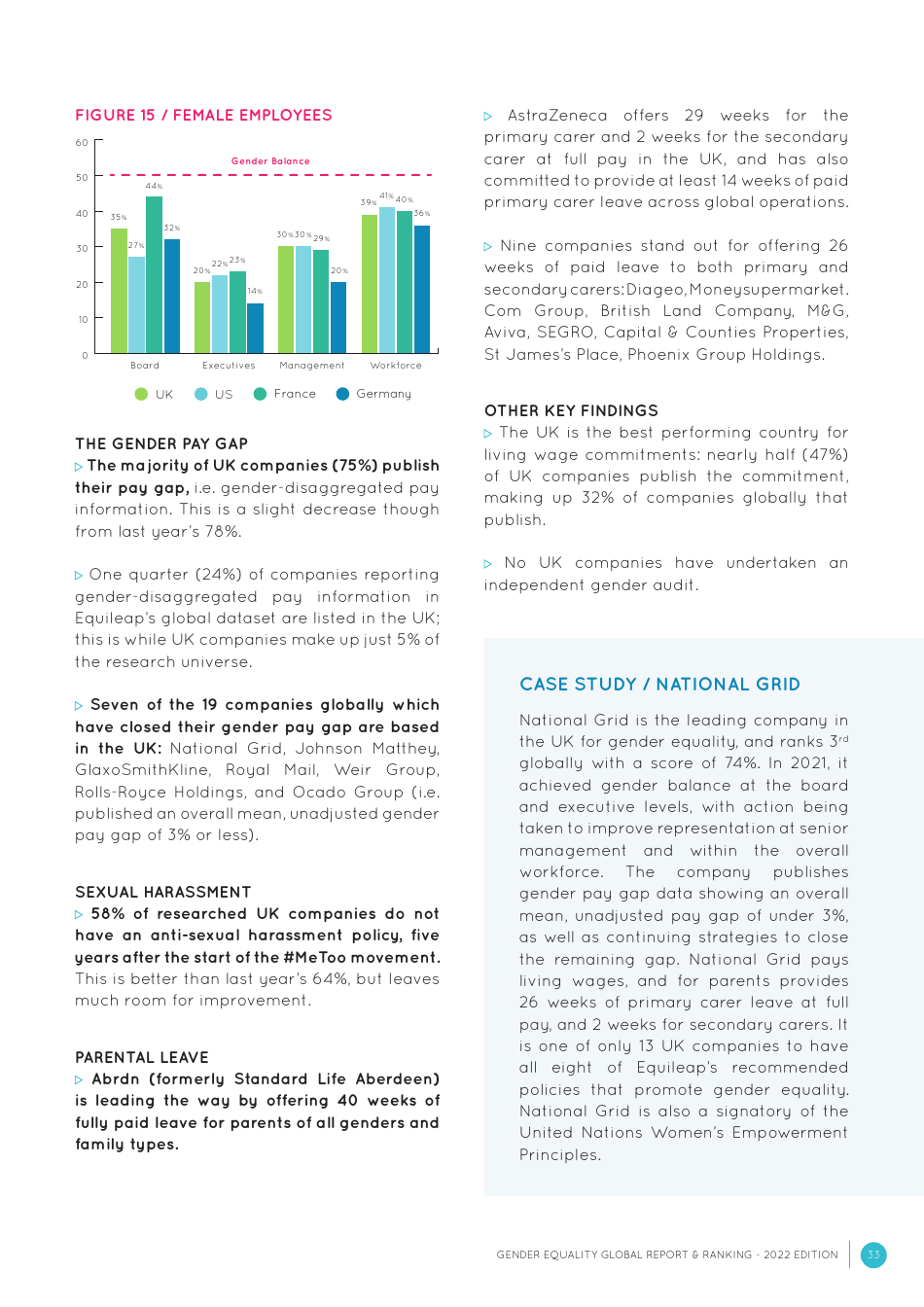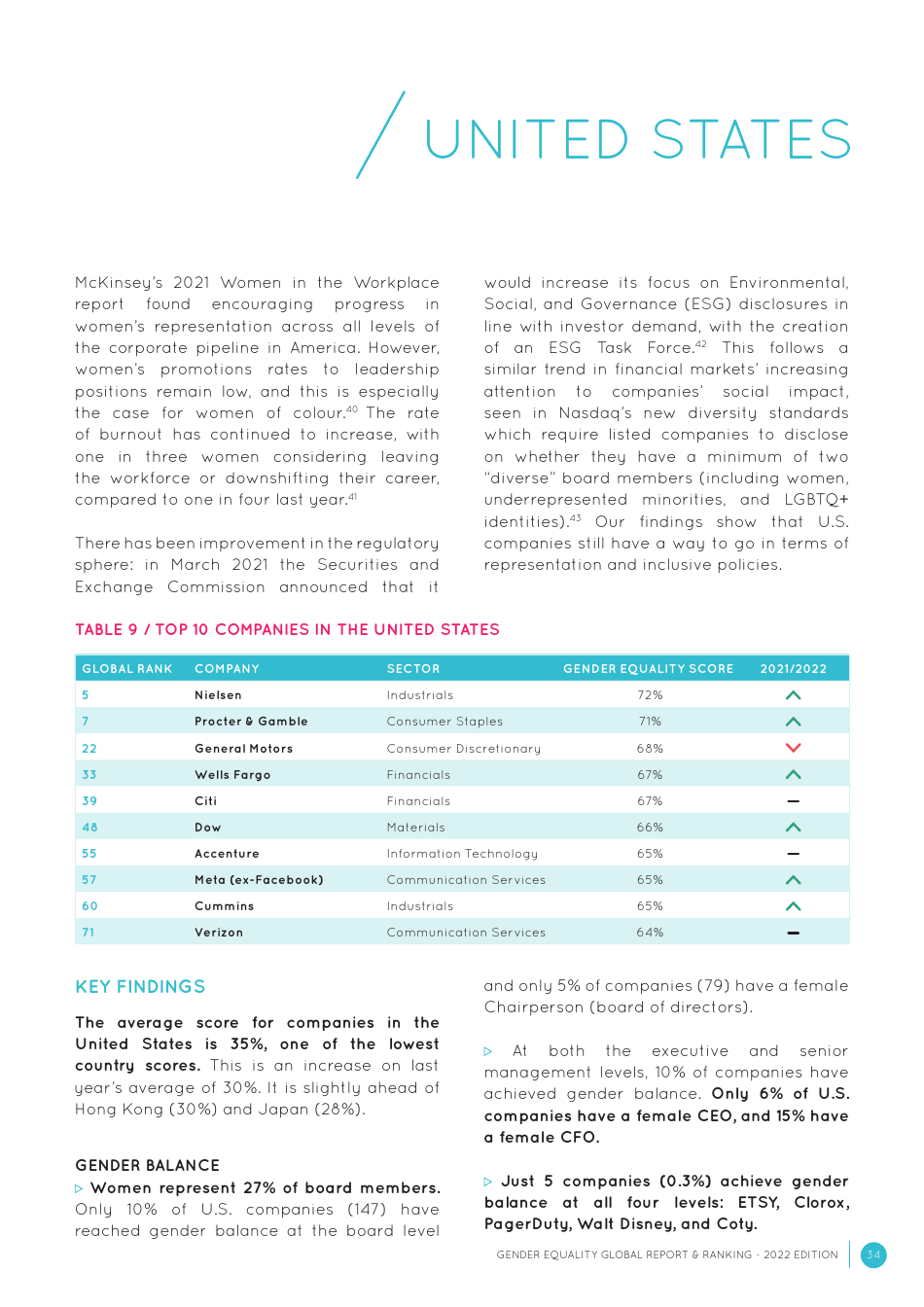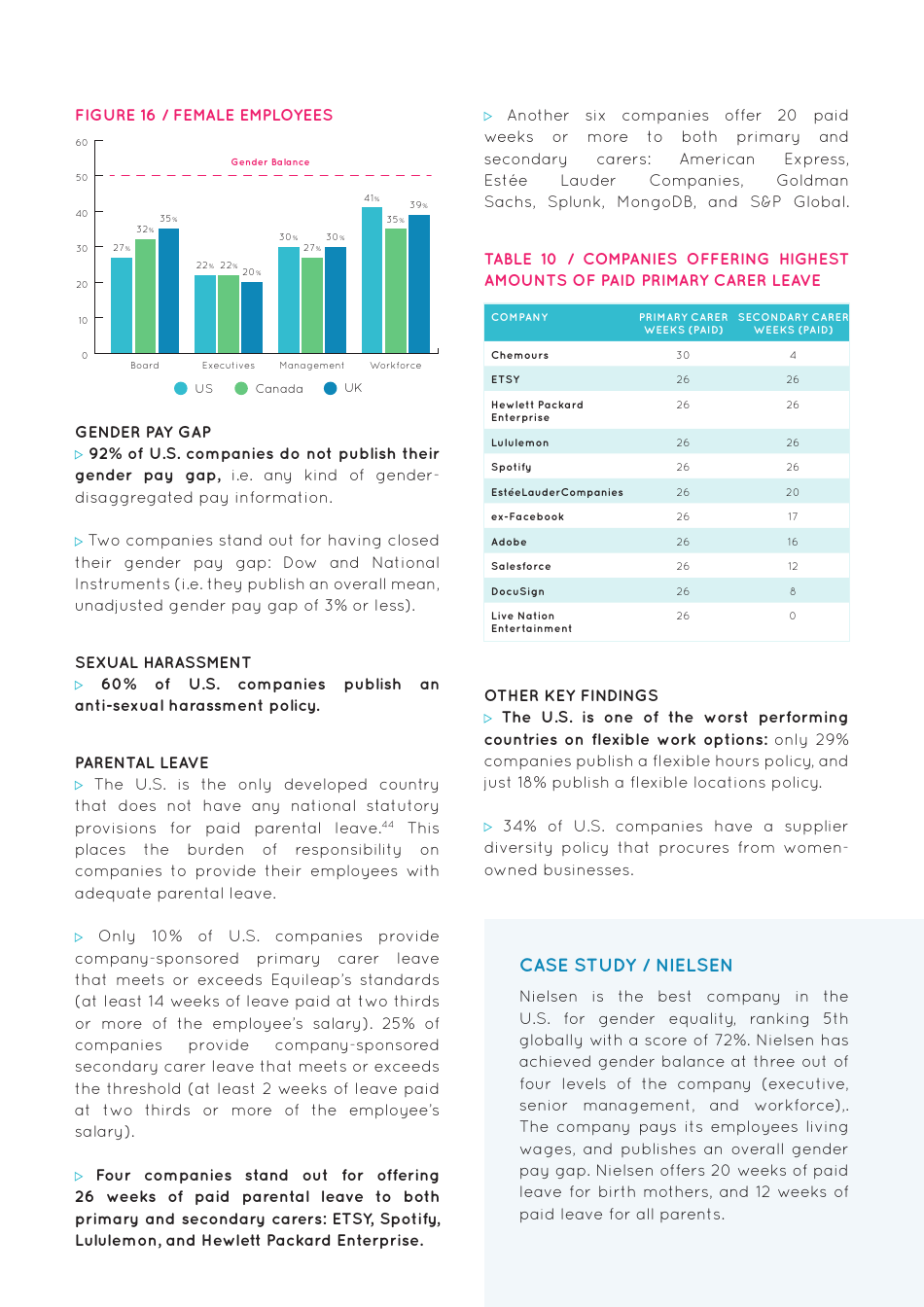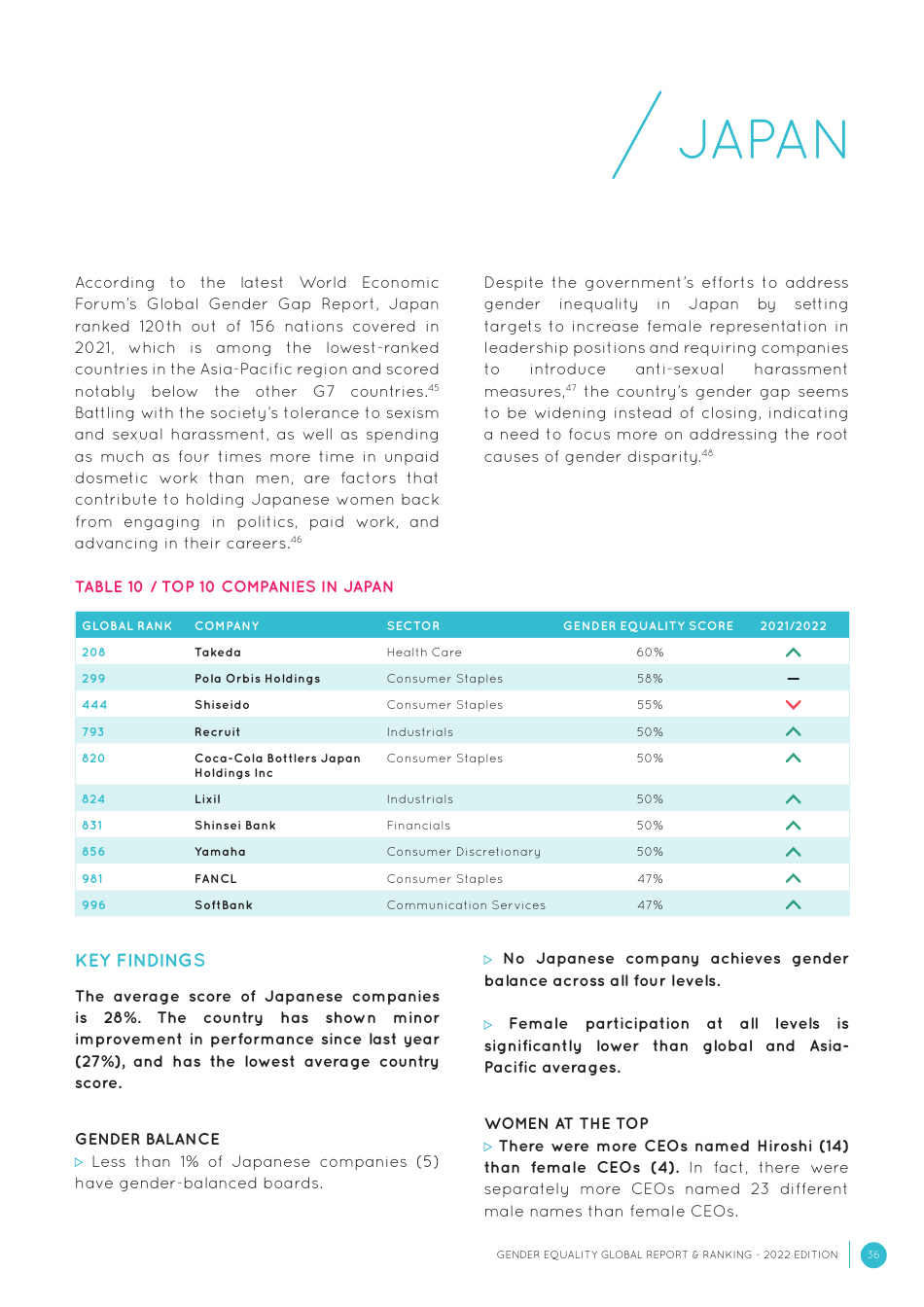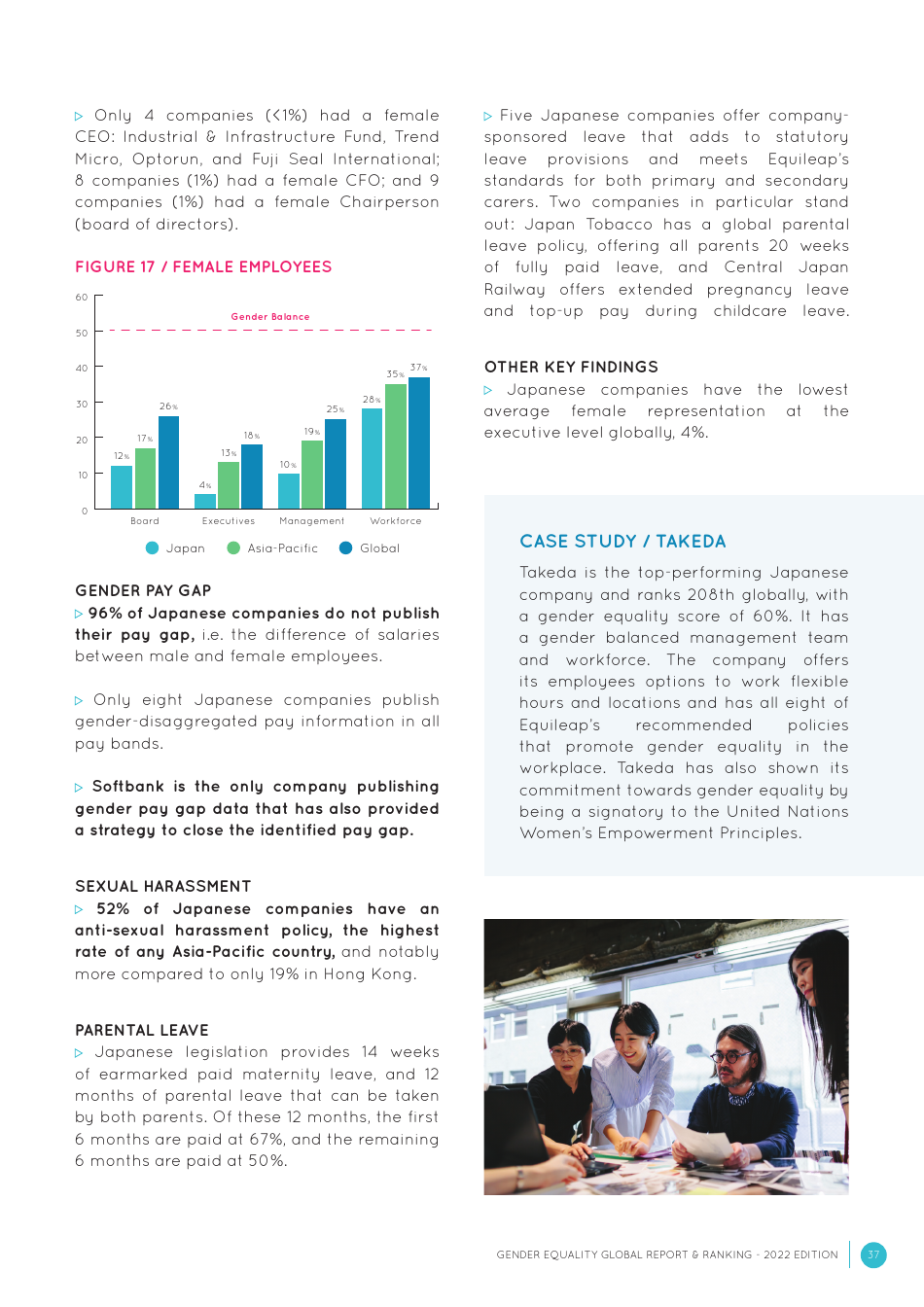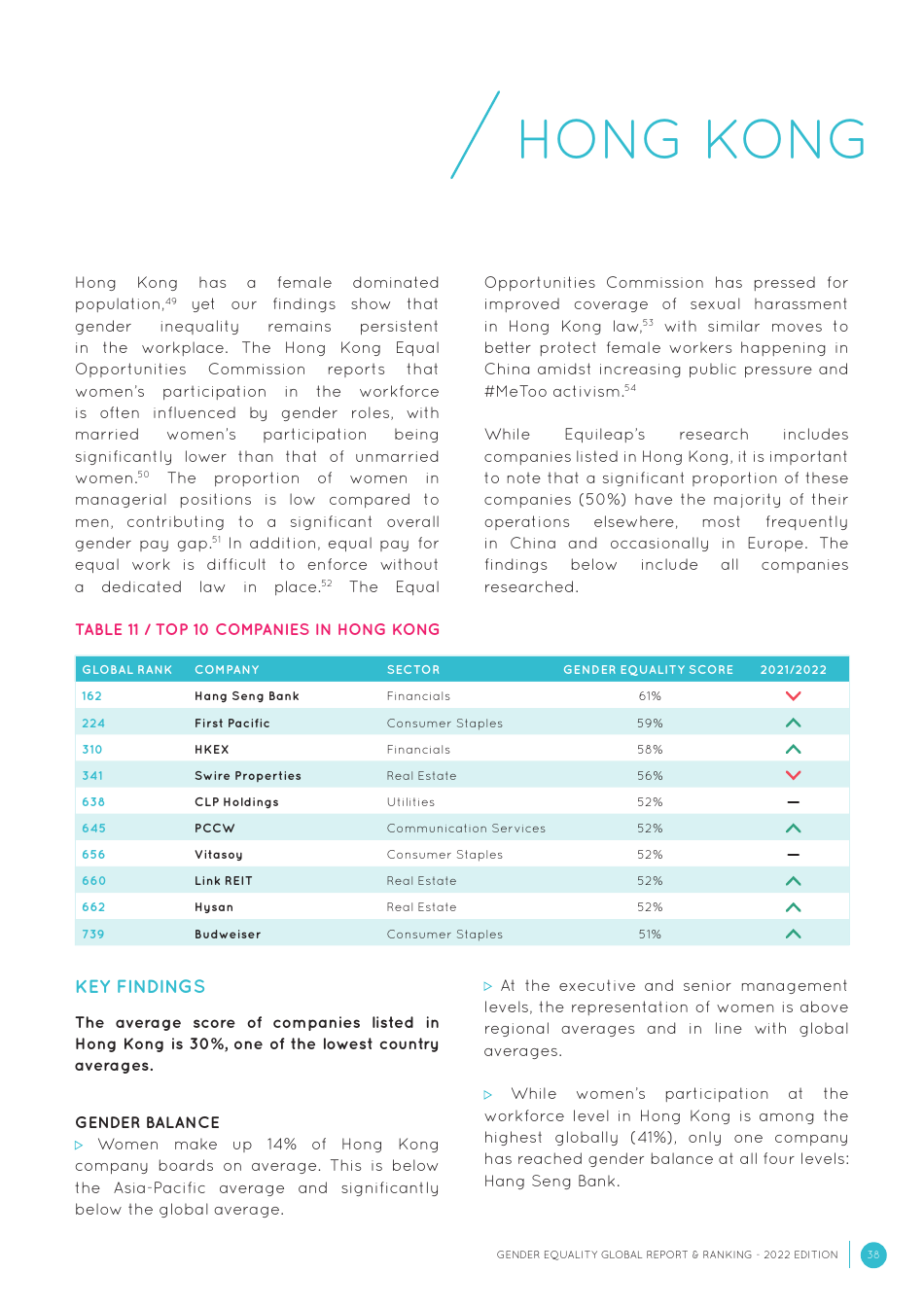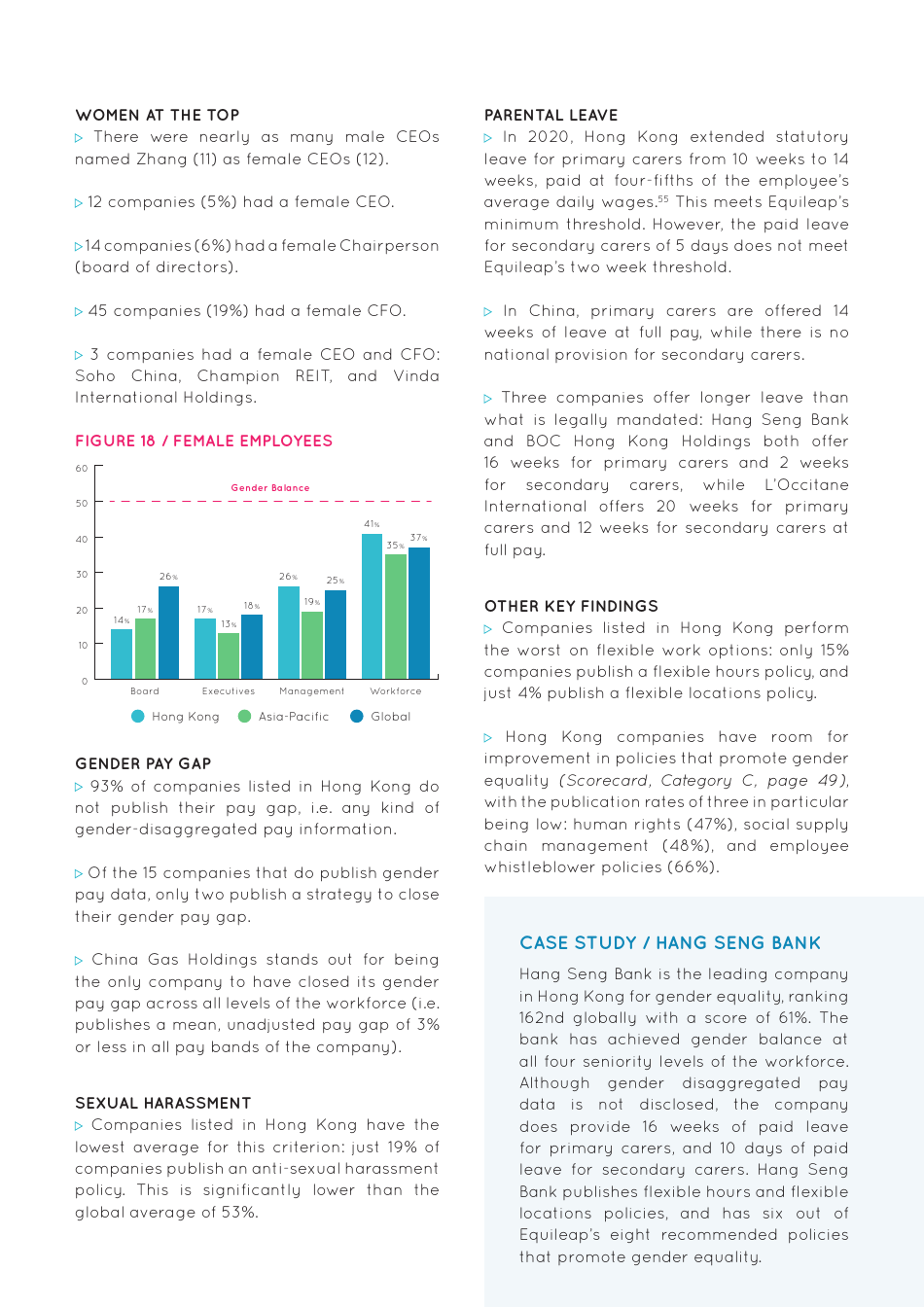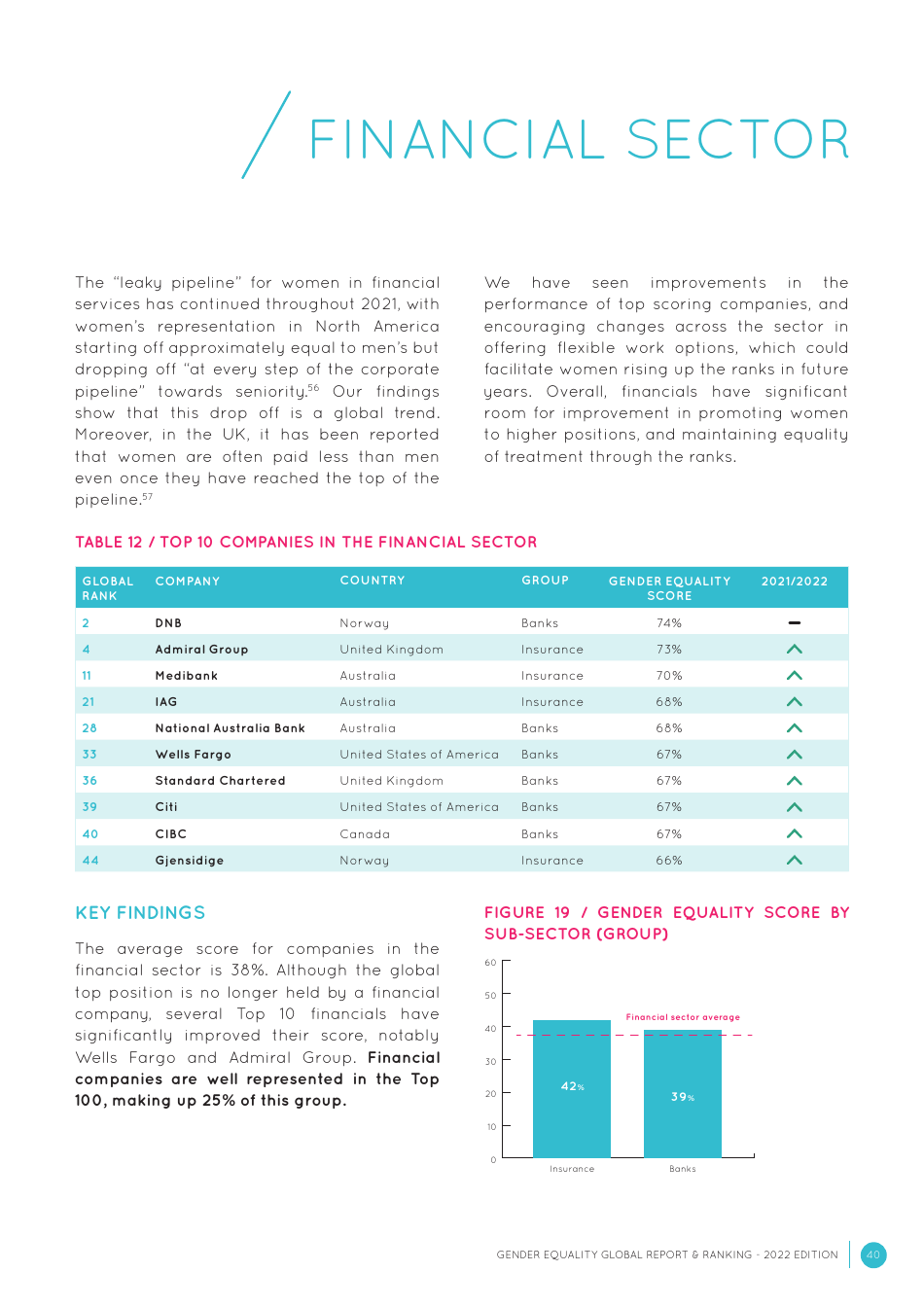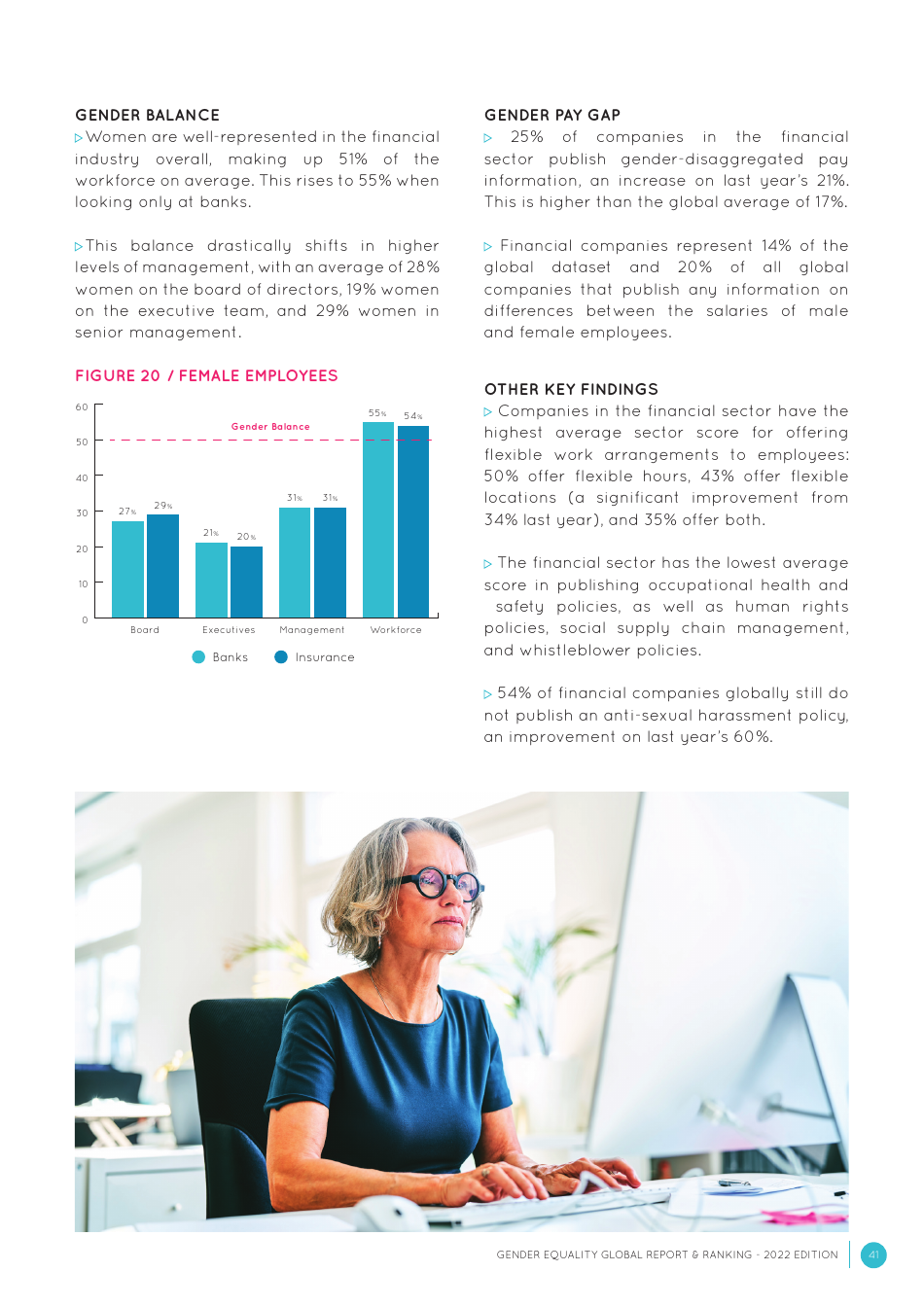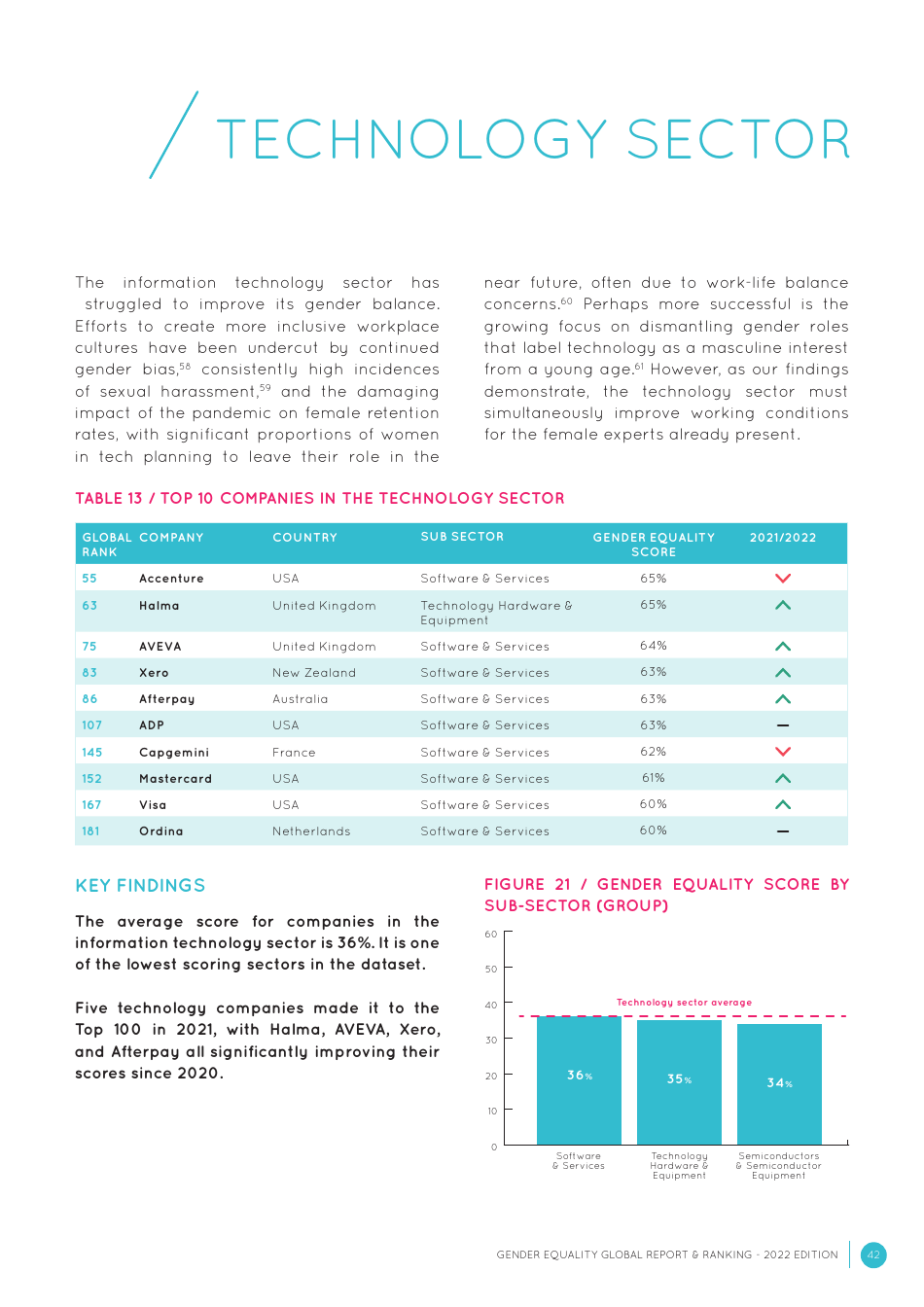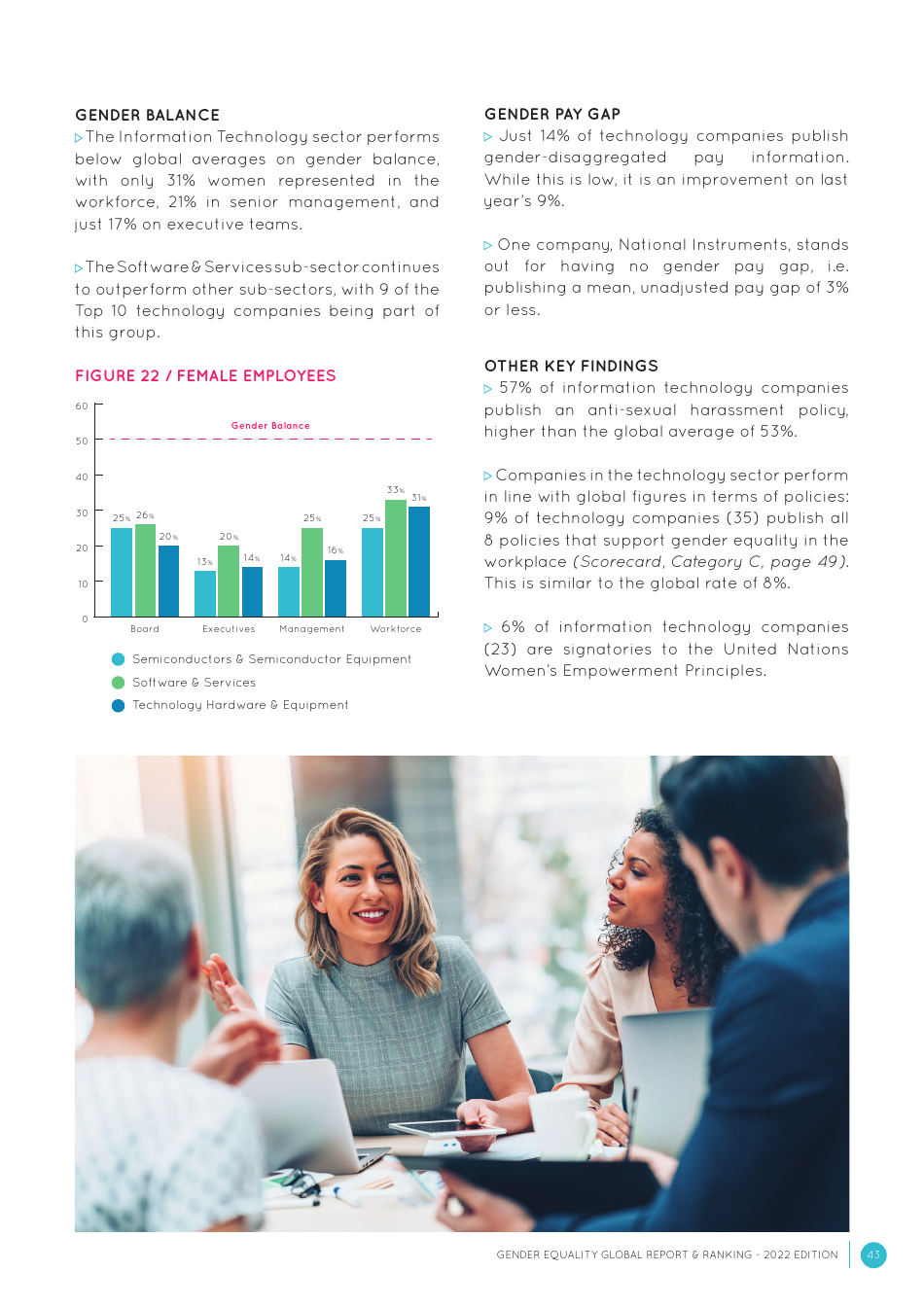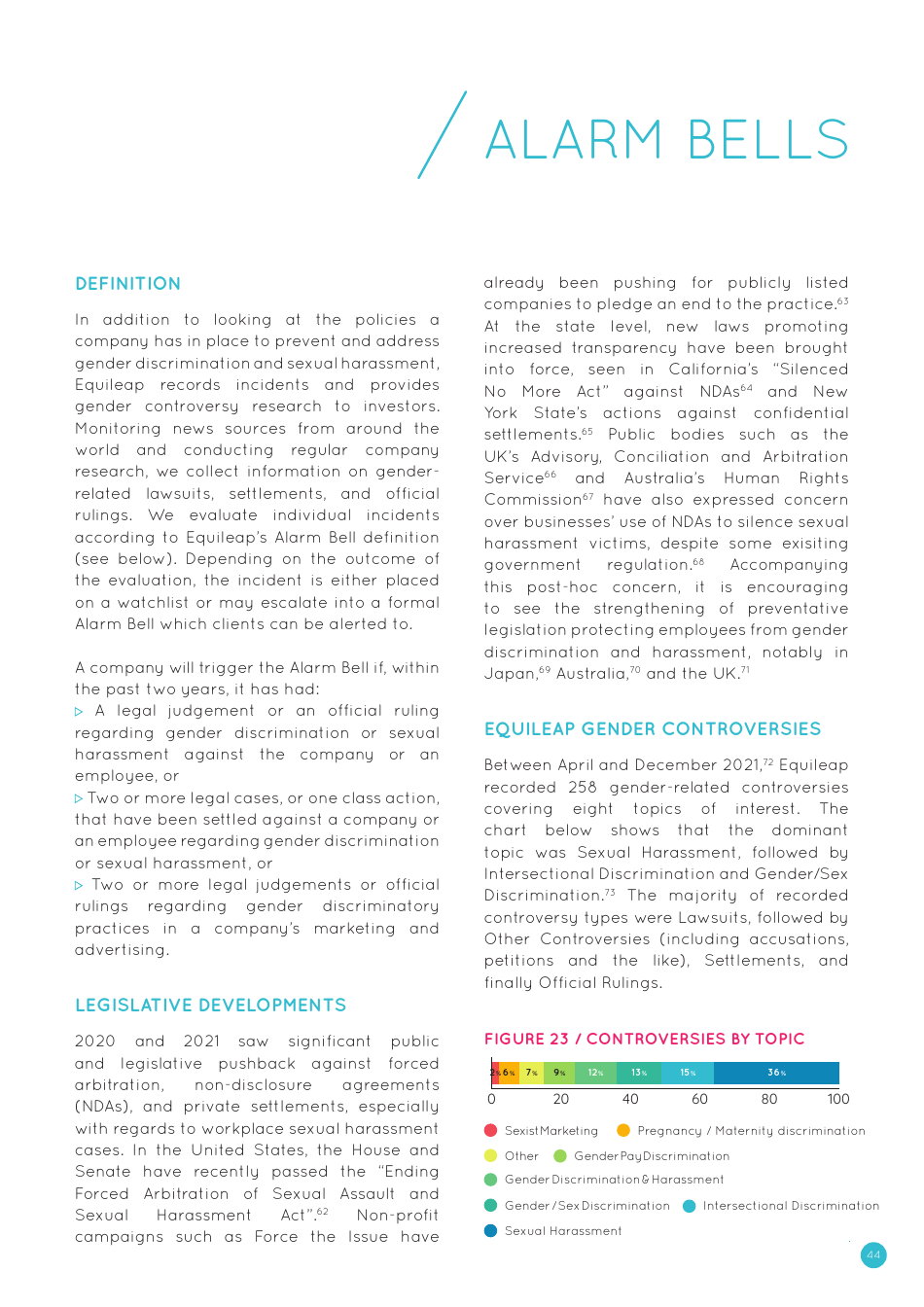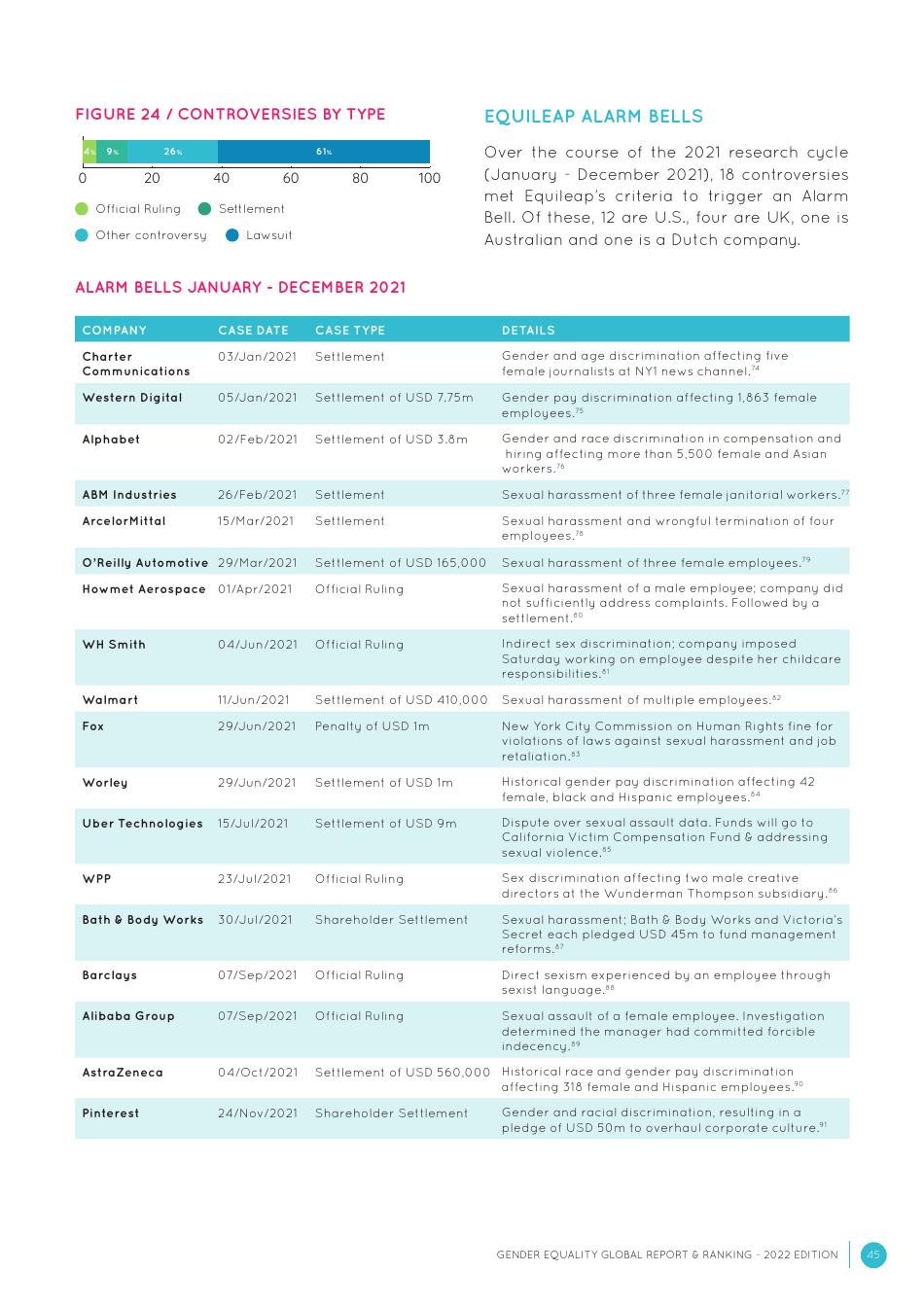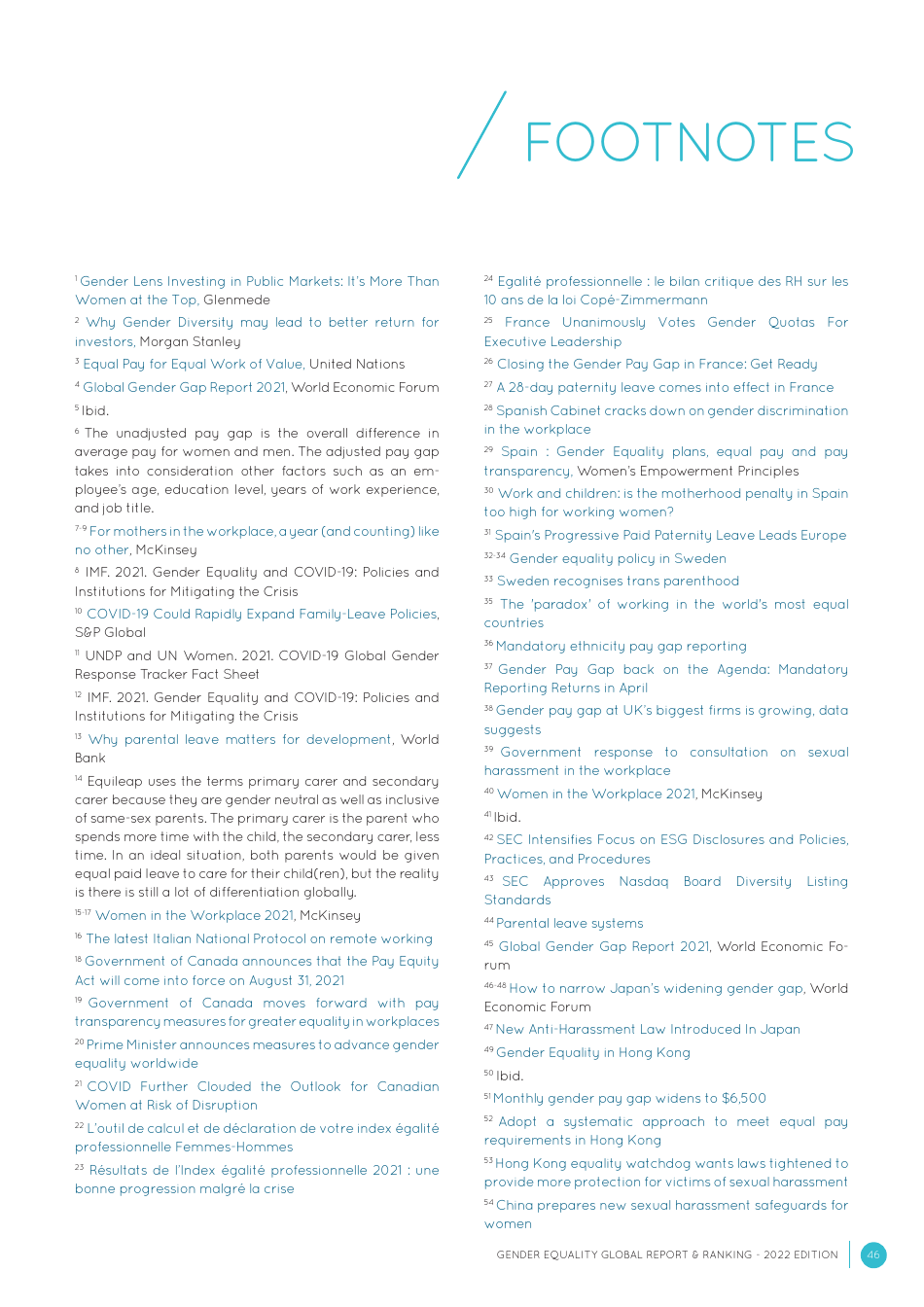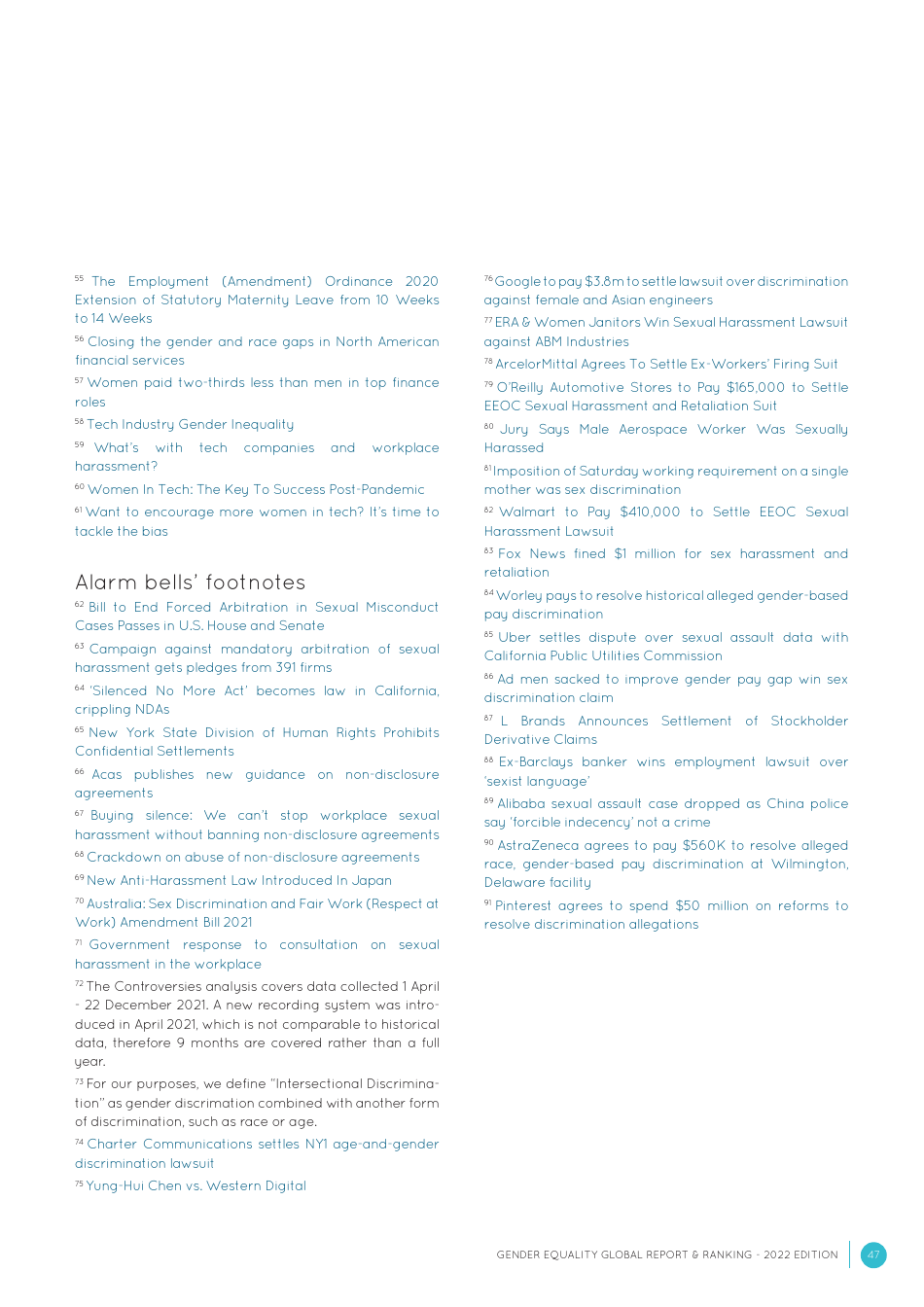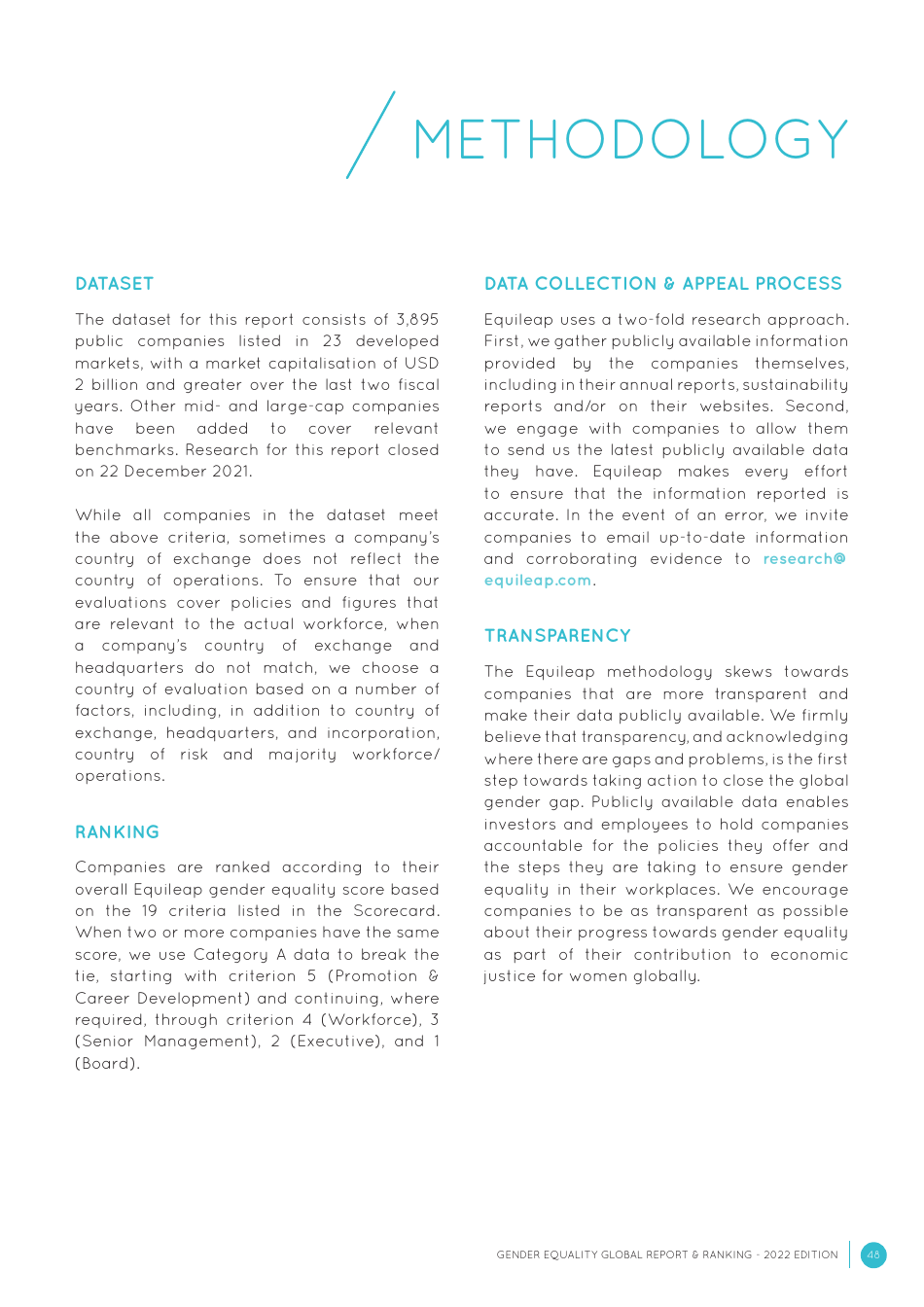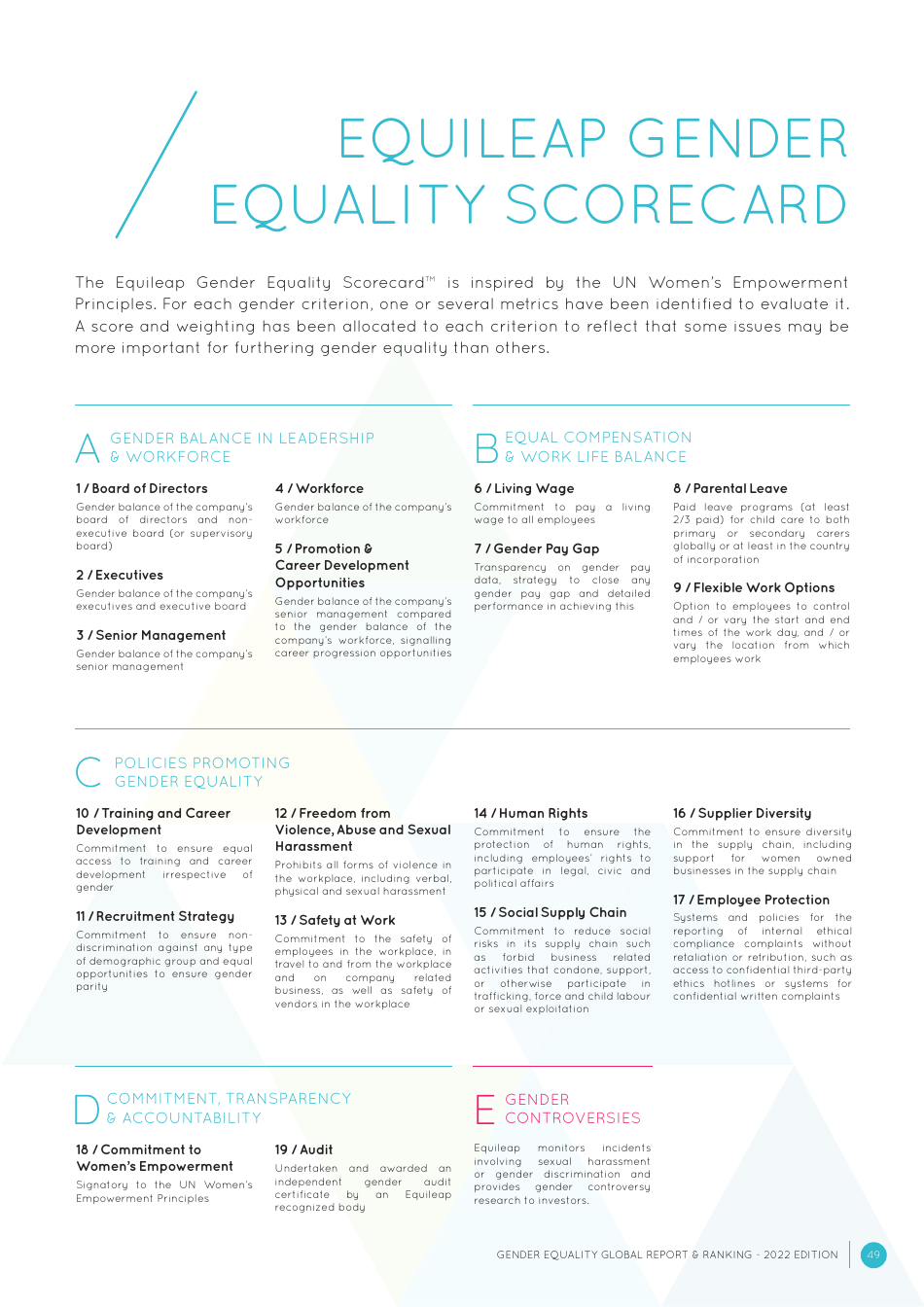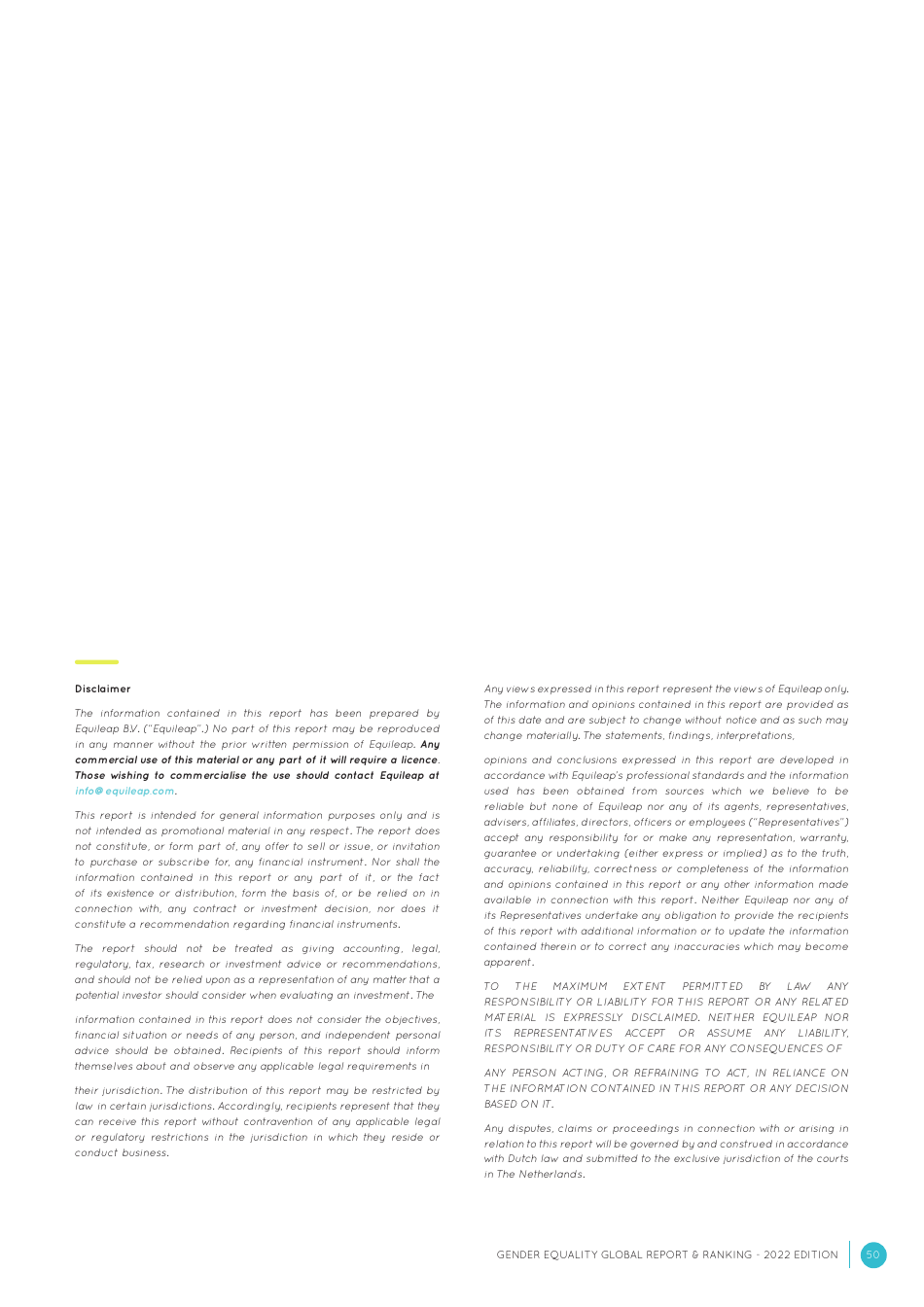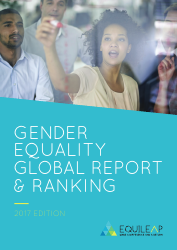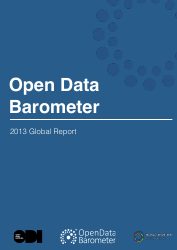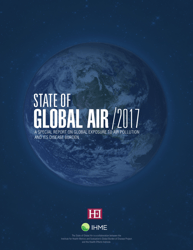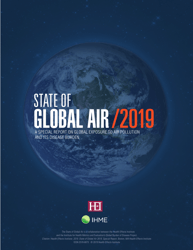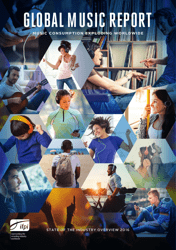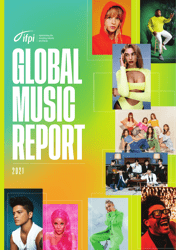Gender Equality Global Report and Ranking
The Gender Equality Global Report and Ranking provides an assessment of gender equality across different countries, highlighting the progress made and areas where improvement is needed. It aims to promote awareness and understanding of gender equality issues worldwide.
The Gender Equality Global Report and Ranking is filed by various organizations and institutions such as the World Economic Forum, the United Nations, and non-governmental organizations focused on gender equality.
FAQ
Q: What is the Gender Equality Global Report and Ranking?
A: The Gender Equality Global Report and Ranking is a comprehensive assessment of gender equality around the world.
Q: Who publishes the Gender Equality Global Report and Ranking?
A: The report is published by various organizations, such as the World Economic Forum and the United Nations Development Programme (UNDP).
Q: What does the report assess?
A: The report assesses various aspects of gender equality, including economic participation, education, health, and political empowerment.
Q: How are countries ranked in the report?
A: Countries are ranked based on their performance in different indicators of gender equality.
Q: Which countries perform well in terms of gender equality?
A: Nordic countries like Iceland, Norway, and Finland consistently rank high in terms of gender equality.
Q: Which countries perform poorly in terms of gender equality?
A: Several countries in the Middle East and North Africa region, as well as Sub-Saharan Africa, tend to have lower rankings in terms of gender equality.
Q: What are some key findings of the report?
A: Some key findings include the gender pay gap, underrepresentation of women in leadership positions, and disparities in access to education and healthcare for women.
Q: Why is gender equality important?
A: Gender equality is important as it promotes social progress, economic development, and the overall well-being of societies.
Q: What are some challenges to achieving gender equality?
A: Challenges include cultural norms and stereotypes, discriminatory laws and practices, and limited access to resources and opportunities for women.
